|
This will be a quickie ladies and gents. I am declaring season open again. The pendulum has swung back... The tide is in for writing. The docks are high and even and accepting incoming ships and boats and visitors.
I am a seeker no longer. This is new as of a few months ago. I could pin point the day and time, the epiphany, the event. No need, suffice it to say that I declare I am no long adrift in a hunt for something, some one, to complete me or inform me or save me. There is much more to this, perhaps, that I'll wish to share on how this came about. For now I admit that the shift is still sinking in and exposing areas of interest. Behaviors and thoughts that I did not even register as "looking".... Now that my soul is revealed and the search is over, the habits of the hunter continue to pop up and spring out and when I least expect it there is something new and wonderful to surrender. There is some hidden expectation or judgement or desire lurking behind a comment or a glance or a gesture. What fun. This is an adventure of discovery without intentionally seeking. A paradox. The best way, I've discovered, that the truth might be spotted is through paradox. I am still inquisitive, curious, adventurous, don't get me wrong. I am just not mindlessly, endlessly peeling an onion and expecting there to be an end to it that is satisfying and fulfilling. This is not a secret. I have mentioned to a few friends that I am no longer on a quest. The responses have registered at both ends of the spectrum from aghast with outright concern for my soul and sanity to complete apathy. I haven't come across anyone yet who agrees on the fruitlessness of this type of mission. This is probably my own fault for not explaining it very well. Indeed, this is a good reason to write about it. I often find clarity when I force myself to write it out here... or in my journal. The crusade that I have abandoned and continue to remind myself that I have abandoned and continue to be enlightened by the abandonment of is imagining that there is an answer, a truth, a tool, a hope, a method, a purpose, a justice, a reason outside my own inner wisdom and my connection to the Unseen. The mind and the ego are always constantly asking questions... that cannot be answered and imagining that there are still answers out there... in the past writings, in the current gurus in the earth, in the wind, in the future enlightenment, either mine or others. I am experimenting with the attitude of Acceptance, Enjoyment or Enthusiasm. AE squared. My daily meditation at the moment is Mooji's Temple of Emptiness on Insight Timer. Stand by. I recently discovered a beautiful metta practice described in The Sacred Art of Lovingkindness by Rabbi Rami Shapiro....page 27. I'm reading this book for the third time. Each time the person I am reading with or the timing provides so much beautiful insight...
I say this as often as possible throughout the day and change up the ending of each line... I say it with an image in my mind of myself as a child, adolescent, young person, and to myself now. I say it to others, specifically those that annoy or anger me, etc. and I SIGH every single time! May you be free from... fear May you be free from... obsession May you be blessed with... peace May you be blessed with... love I am practicing BEING rather than doing. I am addicted to the list, to business, productivity, organizing, trail breaking, "progress", proficiency, more and more of 'git er done.' This is just another version of the hamster wheel I have been living on for most of my life. If it's not money, or efficiency it's spiritual epiphanies. My goal is to repeat this phrase to surrender and listen to my heart. To walk without purpose, to move without goals, to be aware, awake and open. So much has been moving and rattling and coming undone in my psyche that I'm not even going to try to play catch up... I'm sticking in the moment. This morning I was present to a feeling of riding waves of energy. I'm also present to the natural world which is full of cycles and circles and spirals and seasons. I am apart and also a part of all of that. I ended up writing a poem of sorts, just an observation of the reality being a rider of the waves of energy. I enjoyed checking out the surfer slang both for names of the ways waves look and behave and interact with surfers as well as insight into the affects the waves can have... wipeout, washing machine, raked over... worked. I definitely feel that way some days. There are also Party Waves and Rock Dances, peeling and paddle pussies. How fun!
Dawn Patrol There is a wave - a swell - a ripple Over - under - through all that is Today I am outside (The place beyond the lineup beyond where the waves break.) Bobbing on the energy tides Searching the horizon Observing the lines Looking to catch a "heavy"... I am a member of the Planet Earth Wave Tribe A human surfing Mother Earth's space & time. I am a member of the Dawn Patrol. A wave rider A swell traveler A ripple jockey A crest seeker A breaker bandit A student of swirl A guide of sweep A queen of quiver An architect of flow A mistress of whirl. Am I sleeping or awake? Does it matter? Pulsate - Palpitate Vacillate - Swish Rise and Fall Billow and swing I twirl and wobble Twist - dive - soar. I am a FREE agent Grateful, Thankful and Blessed. Surfer slang site: https://www.wavetribe.com/blogs/surfboards-waves/glossary-of-surfing-terms-and-surf-slang  I've been busy recovering, rebooting, reassessing, re-introducing, you name it. I have EBV (Epstein Barre Virus also known as Mono, the kissing sickness, the teenage sleeping disease... ). Apparently I had it at some point previously in life and I was unaware, undiagnosed, who knows. What happened in April was a flare up which, when it happens in adults, can take many forms... migraines, chronic sinus infections, lower back pain. The entire medical establishment refuses to provide a treatment plan and basically identifies chronic EBV as "controversial." A lot of good that did me... I found an enlightened chiropractor who had a plan and I tuned into my friend's doctor in MA, Dr. Qutab for help in finally squelching the flames of the flare up. Holy fucking shit that sucked, it hurt like crazy and lasted two months + I just went down the "pissed off and enraged at the medical establishment" rabbit hole for a while. Holy crap... if they can't cut it out or give you a pill the doctors have no idea what they're doing... Thank goodness there are doctors who are willing to work with you in the unknown. This is the second disease I've had that they had no idea what to do... the first was Disembarkment Syndrome. I am grateful that they knew how to treat melanoma and they had just figured out that removal of lymph nodes at my stage was NOT necessary... OMG that would have been horrible to have the lymph nodes removed in my inner thighs without cause. I caught it myself, I diagnosed it myself and I'm grateful to my inner truth or guardian angel or whatever told me to advocate for myself. I won't stop doing that anytime soon! With all the amazing medical advances I find it very interesting that the diseases that have impacted me the most remain mysteries. Ok... I guess I needed to get all that out of my system, who knew!!?? It started with asking my PCP to write me a medical note not to get the COVID vaccine. I was curious what she would say considering she had ZERO help or treatment plan or understanding of my EBV flare up... she would still recommend the vaccine... UN-FUCKING BELIEVABLE... Insane... why recommend a vaccine that would have unknown impact when I'm not in any risk of dying or even serious illness if I did get COVID... GEEZE there I go again! I started writing about an amazing breakthrough I had today. Now I've cleared the air instead of other stuff that's been going on. I guess I need to write more often. Enough said! I'll share the epiphany tomorrow. As you may (or may not) know I've been in a world of hurt for 7+ weeks. Severe muscle and joint pain that started in the evening, was gone by morning and moved around... left arm, right foot, then middle finger, left knee... etc. sounds crazy but it was/is horrible and debilitating. After umpteen doctor visits and blood tests I finally have a plan...
Part of my treatment plan is to follow the "diet" described in this online article and the entire process of Elimination and Reintroduction.- I'm on the 90 day plus plan. https://autoimmunewellness.com/what-is-aip-the-definitive-guide/ The good news is while on the discovery journey... like WTF is wrong with me???? I discovered I'm otherwise VERY healthy. No issues with: blood pressure, bone density, Lyme, Lupus, Rheumatoid arthritis, diabetes, COVID, cholesterol, liver, kidney, gallbladder, thyroid, fibromyalgia or any autoimmune disorders... (I could write a rap song!) I did test positive for EBV - Epstein Barr Virus better known as Mono, my B12 was a tad low, my Cortisol levels irregular and my SED Rate... overall body inflammation was a bit high. My PCP's hands were tied. There are no "approved" non-controversial treatment plans for "chronic EBV." Thank goodness for a dear friend who recommended an alternative local doctor, Dr. Bova's Health & Wellness. I was grateful to find this website which explains the AIP plan so thoroughly and scientifically. I'm copying all of you so that you know what's up, without me trying to explain it... vaguely and inaccurately. Some of you may also benefit from knowing there are solutions to very strange, random and painful symptoms (EBV may also manifest as migraines, chronic sinus infections, low back pain, etc, etc....) other than medications, invasive treatments, surgery or just plain putting up with it and suffering! https://autoimmunewellness.com/what-is-aip-the-definitive-guide/ I appreciate your understanding and support as I've traveled and continue along this long and sometimes very grumpy, nasty, painful journey. I look forward to re-joining the land of the sociable, vibrant and kind soon! Live Long & Prosper,  I can recall so many religious quotes warning against pride... I can remember refrences thrown around during my college days at Thomas Aquinas. "The worst of these is Pride..." Let's see, what can I find online, Oh my! The mother of all: Pride is called the "birth mother" of all the deadly sins. Pride is the worst of sins because it involves a full-scale inversion of reality. If sanity is an ordering of one's life in harmony with reality... The father of all: Pride is rightly considered to be "the father of all sin ," and the word children is used in the sense "of showing the characteristics of" or "that which is descended from." The Bible uses "sons of Belial" in a similar way. They were not literally children of Satan, but they showed the same characteristics of Satan. David Hawkins: They have been earned and have a realistic foundation. Pride as a spiritual defect refers to pridefulness as an attitude and a positionality. It is an arrogance that can apply to beliefs, thoughts, opinions, and the general attitude of being better than others. This is an over evaluation of self-worth and is commonly referred to as egotism. As a Position in the levels of Consciousness: Pride – The first level where you start to feel good, but it’s a false feeling. It’s dependent on external circumstances (money, prestige, etc), so it’s vulnerable. Pride can lead to nationalism, racism, and religious wars. Think Nazis. A state of irrational denial and defensiveness. Religious fundamentalism is also stuck at this level. You become so closely enmeshed in your beliefs that you see an attack on your beliefs as an attack on you. I had my final session with April regarding meditations to release the lower frequencies of emotion... I'm starting to notice more acutely how attached I am to what I've come to think of as success. In particular I am speaking of gardening. I've been watching a show on Magnolia Network called Growing Floret. It is actually kind of odd and inspiring/hopeful how fucking emotional I've become watching this four part documentary. Holy Shit! I guess because Erin and Chris and their story is so real, authentic and she's totally right about how flowers can touch, move and inspire people. Perhaps because she's such an introvert and gets so bogged down with the management portions of the business... I don't know, really! It doesn't matter, I can relate on all sorts of levels. She's written books and blogs and blah, blah, blah. Anyway I am inspired and curious about what my next moves should be for myself.
I have started, picked up, I'm reading the second half of the 4000 weeks - Time management for mortals book. My right wrist hurts like a bitch right now and it's actually painful to do capital letters... who knew! I see Andy my PT tomorrow I hope he has some insight. I'm confused by all the physical pain I've been in lately. I don't understand or even need to know the science behind a new moon and a new month. I know the feeling and I make the connection. I awoke this morning free and clear. Like a weight that you have carried so long you forget it's there then you notice lightness because it is gone. I had noticed the heavy feeling lately, the soreness, the lack of energy, not from anything food related just an intensity. I celebrated 8 years sober this month. My anniversary month is sometimes heavy... not sure why that is but other sober people experience a certain oddness to their anniversary time. Anyway... I feel better, bottom line and I have some fun things to share. I decided to get out in the sunshine yesterday... (vitamin D could be it?)... and finish reading a book for a "book club"... Four Thousand Weeks, Time Management for Mortals by Oliver Burkeman. I had to refresh myself by reading the notes and comments and highlights from the first Part. I started then to read Part 2 - Beyond Control. The excerpt below, the Parable of the NY Businessman and the Mexican Fisherman... hit hard. Read it then I'll continue. Excellent, yes?! The book is good at describing the cultural bonds we have inherited from the Industrial age... paid by the hour, leisure time, useful time, purpose... without providing a specific point of view. He is just pointing out some of the unmentionable unreasonable expectations and cultural norms we all live by either consciously or not. The book is worth a look.
Anyway... specifically the parable has encouraged me to look at WHAT DO I LOVE to do? What do I want to spend my days doing now that I am retired. I don't HAVE to volunteer, or teach, or study or exercise or walk or anything. My new meditation intention is to just BE ME and see what that feels and looks like! No small order considering I've spent most of my life being and living up to someone elses' ideals, expectations and shoulds without even realizing they were not my own. Here's another brilliant insight. I absolutely love this definition of making plans... what a plan is, the uncertainty and inherent lack of control we have as humans... I choose not to spend the rest of my life pretending I have control or ignoring and avoiding the Reality that I don't! 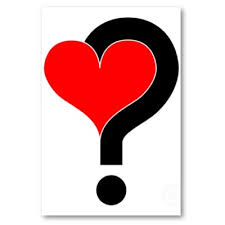 I practiced releasing the lower frequencies of emotion as described by David R. Hawkins in his Levels of Consciousness. It provided considerable freedom and a certain new sense of awareness. Well, it provided insights into another layer of cultural bullshit to explore. No wonder I'm so suspicious and cautious of people. The lowest levels to release include: Shame, Guilt, Apathy, Grief, Fear, Desire (that was a HUGE one for me), Anger and Pride. The guy is a scientist, this isn't new age aura stuff, it's measurable energy frequencies emitted by the body when they are in the different states of emotion. His goal is to seek the most effective ways to eliminate human suffering. Elimination of the lower vibrations has health benefits. "The elimination of suppressed emotions has a positive health benefit. It decreases the overflow of energy into the body's autonomic nervous system, and it unblocks the acupuncture energy system (demonstrable by a simple muscle test)" page xxii. Anyway, I'm listening to his book Letting Go, The Pathway to Surrender and I've been listening to a Course by Dr. Debra Ford Daily Pulse exploring the Tao on Insight Timer. The two have gotten squished up and tossed about in my brain and I've come up with the following observations. There's probably other authors and influences in there as well... all good.
The "perception" bit is key as our perception determines our experience regardless of the truth of a given situation. Can you tell I studied at a Liberal Arts school? Classic three part logical stuff there... of course it assumes the truth of the first statement. Stay with me here... now this seems totally disconnected but it will come around... What are the constant movements of the body? What is the state of balance in our physical being? I must have air and a beating heart if my lungs or my heart are compromised I'll soon be no longer present on this plane of existence. So the lungs pump air and the heart pumps blood, full and empty, in and out, expansion and contraction. This happens outside of our conscious control most of the time, a natural function. Our lives are full of opposites: day and night, hunger and fullness, summer and winter, stillness and motion, The balance of urgency is calm, the balance of a busy mind is meditation. As I have progressed in my ability to discern the real from the false, the Reality from my expectations and judgements I am once again in the space between... as my last post alluded to. The middle way and the way of witness and observer. So where is the pump for my electrical/energetic feelings and emotions? That pump is apparently more closely influenced by the mind, illusions and delusions. It is mechanical and measurable but ethereal and not visible to the eye so easily. If it follows as the lungs and heart it is meant to expand and contract but not HOLD forever. What I've noticed is the attachment to a feeling or belief is where the suffering lies. The feeling itself is fleeting and meant to pass through (I am the hole in the flute). The meaning I attach causes the energy to expand and grow unnaturally. The spinning of blame and victim and injustice and purpose all exceed our natural tolerance for balance and ultimately cause suffering. These are all just thoughts and insights, ramblings and curiosities. I just wanted to record them here as well as my journal. I get a sense that they are helpful or will be very helpful at some point. There is nothing earth shattering or new in any of this but it helps me to relate my journey to a natural process that is being uncovered and empowered rather than a shell or mask or guru or ancient practice or religious ritual... etc. I can understand air and blood, expansion and contraction, flow and flood. So net net... as natural beings we are constantly flowing, changing, shifting from one opposite to another in millions of variations including emotionally. Our awareness allows us to notice our experience and hopefully our conditioned response to engage, defend, react, rebel or avoid. Can I pause long enough to allow the FLOW... stop stopping the natural process, the natural balance of expansion and contraction. Second question how can I continue to cleanse and release the decades of suppressed emotions I already have clogging up the system? I plan to continue reading David Hawkins and studying the Tao... for now! I just have a minute or two... three actually. Enough to get down the notions that have come up recently in meditation and Reiki treatments.... I am the Chaperone and the Rebel - I am also the space in between those two contrasting characters. I was able to see and recognize the internal voice I always labeled as the JUDGE to be a Chaperone or guide, protector, mentor... quite a different way to experience the information that is constantly provided. All the shoulds and should nots, expectations and judgements are generated and presented to my consciousness by the Chaperone. On the other end of that spectrum is the Rebel or the Skeptic... I am the middle way, the space between. I AM not either of those two. I can stop attaching my self image, my self worth, my approval and appreciation levels to anything that either of those two present.
More later... OK... it's later, while I'm waiting for someone to appear on a ZOOM meeting. It seems as if the clarity provided by the distinction above is still processing thru me. 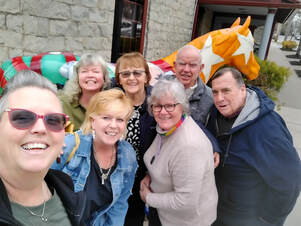 When I meet with fellows in my fellowship I still feel outside. I still feel quiet, meek and the observer. I gathered with some fellows for lunch yesterday. It was marvelous! It looks as if I'm having fun! My goal was to stay pretty quiet and I was mindful of how I operated, how I behaved without judgement. It's just interesting. I choose to examine my automatic reactions and defenses and second guessing and spinning out conversation should haves after the fact. I'm just monitoring all this and dropping it, checking the validity, noticing the illusion, delusion and reality of what I experience. I also wrote this poem yesterday... apparently fasting and weeping suit me.
I am so grateful that I can feel. I am so grateful that I can sit in the sadness and be open and accepting. It still hurts. Like hunger. It is just grief and it will pass.
I urge the tears on, I lean in. I press on the button and ask that it flow openly and freely that all that is being held IN can be OUT. I find solace and comfort in the following quotes and poems to gently hold space. Perhaps you too, can find their warm hug and soft shoulder as you weep one day. The distinction was pointed out recently in a davidji meditation on Insight Timer. I just wanted to make sure to get it down somewhere I wouldn't lose it. At the beginning of many of his mediations he asks questions... Who am I? Do I realize I cannot change the past? Do I know I cannot force the future? What am I grateful for? Who am I grateful for? Am I willing to be my best version of myself today? Then after a few minutes of pondering the questions he invites you to let them go to the Universe, "to handle" them. He also frequently invites you to set an intention and ask your heart what it most desires, hold that, plant that, imagine actions that would support that, then let that go as well. Give it to the Universe to work it out.
We have control over our outlook but never the outcome. That is all. Brilliant. Simple. I have a poem for today as well. Clouds and Butterflies The fears hover like clouds, always, floating, drifting blocking the light filtering all that I experience The bees & butterflies, my expectations, fuss and flit and buzz about distracting my attention from the moment - the beauty the truth, the unity that is reality. There is nothing to be "done" with the clouds or the bugs They will not depart with all my wishing no matter how much I pray or meditate or practice or work or desire. There is only to sit observing in the clearing calm and flowing. Don't swat or hide or run. Resistance is futile. Only breathe & pause to wonder. Notice don't think. Observe don't judge. Remember all is well and be grateful. Laurie McCauley 4/8/22 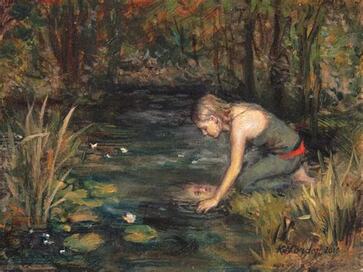 I always knew this and never wanted to really admit it, cop to it, face it... My physical presentation is a reflection, is intimately, most intimately, connected to my inner landscape. As I fast and the pounds and toxins melt away I'm noticing the toxic ideas, emotional delusions and spiritual road blocks are melting away as well. Perhaps because my intention for 2022 is Unity? That path includes Clarity and Curiosity, by necessity. Now I am more aware of the obstacles to Unity. The toxins are expressed and experienced as all the shoulds and should nots, all the expectations and unrealistic ideals that I've absorbed, manufactured and clung to for my entire life. They're fucking everywhere, now that I'm seeing a bit more clearly, deeply. They are literally crowding my thoughts. Every moment is full of judgement and analysis and references to the past. My faithful, ever helpful brain is always searching for a path to safety, certainty, control, looking good and being right. Of course every media outlet and person on the planet also is full of data and opinions on how I ought to be and live. Not to mention what I need, what I should buy and think and do. Holy fucking shit! No wonder I was/am so quick to get numb... distract myself... run for cover... avoid, obsess and resist!! It's stressful and impossible and overwhelming. I guess I get so numb I forget that it's there. Like the amazing image I hang in my hall. How quickly it just melts away into the wall and so soon I walk by, blind to it's inspiration and beauty. My Trust in the true beauty of life is blossoming. My relationship with some power greater than myself that's got my back no matter what. This provides me a SaFE place for CHOICE and FREEDOM to BE... whatever it is I'm being and becoming. Stay tuned. Stand by. It's ok to be moved, touched and inspired! Go for it! Tear it Down
We find out the heart only by dismantling what the heart knows. By redefining the morning, we find a morning that comes just after darkness. We can break through marriage into marriage. By insisting on love we spoil it, get beyond affection and wade mouth-deep into love. We must unlearn the constellations to see the stars. But going back toward childhood will not help. The village is not better than Pittsburgh. Only Pittsburgh is more than Pittsburgh. Rome is better than Rome in the same way the sound of raccoon tongues licking the inside walls of the garbage tub is more than the stir of them in the muck of the garbage. Love is not enough. We die and are put into the earth forever. We should insist while there is still time. We must eat through the wildness of her sweet body already in our bed to reach the body within that body. Jack Gilbert 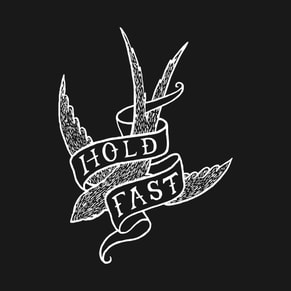 Every time I say that I have found something or figured something out or had an epiphany or breakthrough it seems to backfire or back slide or fade. I am certain that I have found something special. Just like every other time. Just like every other day. Just like every other new moon, sunrise, new day moment. So, I'm not going to say anything more about it for right now, except... here we go again. I'm recording it in code and then in a month, 3 months, 6 months, 9 months, 1 year I will begin to begin to believe that it's actually true. That it's actually real. That it's a lasting life style change. No matter what the excitement in the moment, the orgasm of the break through feeling is an addiction of it's own, perhaps? I just keep hunting them down and stirring them up and creating them and sharing them and then moving on all the time I stick with nothing for long. So, I'm not going to share. It may make these blog sessions a bit boring. Oh well. It's good to recognize and be aware of yet another addiction! Fuck! Any how I'm playing with intermittent fasting... stretching my time, paying very close attention to how foods make me feel when I do eat and I'm about to go and work out then watch REACHER. I got and I'm listening to a great book The Complete Guide to Fasting. I went down a rabbit hole yesterday trying to find a good link to post here for the book. I ended up listening to Dr. Fung on You Tube and, well, there it is... I closed the browser and lost the post. And today I'm back with the same motto... HOLD FAST and be curious. I also have a very different perspective on breakthroughs and sharing so it was a great day. Actually every day is a great day. My practice is also to just go with the flow and not beat myself up about anything, ever. Period! 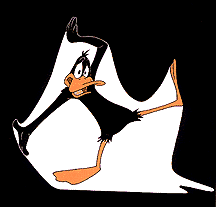 After being in an international food recovery "club" for about a year, I realize now how even talking about food can trigger people. I remember how astonished I was at how alcohol permeates our lives and culture. If alcohol is no problem for you, then I suppose you just stand aghast at the power of the mighty dollar / capitalism and it's reach into every nook and cranny of your life as a human on planet earth. It infests every holiday, milestone, and life celebration from the cradle to the grave really. In France it's breakfast, lunch and dinner. If it annoys you then you may try to flush it out or remove the references or at least put a little asterisk by that, and that, don't go there, don't turn there, landmines everywhere. I'm grateful that alcohol and people drinking it doesn't bother me at all. I discovered a proper way to explain this experience as "the obsession was "lifted"... or even better, I am "neutral". I am neutral regarding alcohol, all sorts. in all situations. I'm not keen on hanging around with drunk people, let's get that straight, but as long as I can exit the area I'm fine. Anyway all that a long winded way to notice that the topic of fasting may be a trigger for some. So WARNING - CAUTION - My introduction to fasting was in the late 1990's through a healing & health promotion program offered by an organization called Optimum Health Institute (OHI for short). I would have to go back in my journals to discover the exact date of the very first time I attended... but I went balls out, three weeks straight, my first visit. Some people dip their toes in the water for a week then arrange to come back for two, then three. Not I, the recommendation or the intuitive pull was such that I did not hold back. The journey was incredible and the reward was over the moon. It was transformative and scary and wonderful and addictive I guess in it's own way. I felt so amazingly glowing and brilliant after a good bit of the toxins in my fabulous physical machine were finally drained and flushed and brushed out and away. Of course it takes longer than three weeks, months of the program, if you have a truly serious health challenge you have to keep at it once you get home. THAT is a daunting proposition! If only wheat grass was as widely available as, say, potato chips! I went back to OHI at least 5 or 6 times since then... a week here or two weeks there. I went with my Mom, hoping it would inspire her to eat better. I took my best friend at the time, Joyce, also hoping to recruit a new believer. Looking back now it was my first experience with a group of people who had hit bottom. Who had no way out but this drastic program. At least half of the people were there due to some sort of illness or disease that was life threatening. They called it "health challenges." The underlying theory is the body is designed to heal itself and has an incredible physical and meta physical storehouse of tricks and supplies if the accumulated toxins of decades can be removed. I agree, I saw it, I felt it. The magic, and that is truly the best word, only because science has no explanation. The magic is palpable in the place. So is the suffering and stank, by the way, all that crap doesn't smell good as it makes it exit. This is why it's best to go thru the process in a safe community with knowledgeable support. The journey is definitely as transformative as the end result. I remember thinking our educational system has truly failed... I learned more in week about my body than during my entire previous life. Hey capitalists, if you want us to be good little workers, you should teach us to take better care of ourselves and learn more about what we do know about how the body works... What are you afraid of?? Healthy free people are tough to manage, perhaps!? So fasting... there are different types, of course and you can read all about it. The basic premise is you don't eat, at all, zero calories. Loads of water some lemon juice and / or vinegar are normally recommended as a way to purge all the mucus that has accumulated... I know, nice?! right?! Holy shit, wait until you see it fly out of you! Fucking crazy! Anyway, the idea behind no eating is that your system, your entire physical engine or vital force can focus on cleaning house. Digestion is a heavy lifting business it takes loads of resources and energy to break down all the shit we eat, pick out anything useful, deliver it, transform the rest into something as harmless as possible and get it the hell out! The longer you fast the more crap can be removed. As you're waiting and not eating, you meditate, journal, pray, chat with other suffering people. You chew each mouthful of water thirty times, this mixes the water with your digestive juices in your mouth and makes it easier to process. You get massages and colonics and do enemas and pee a lot and do a sauna or two and dry brushing. Daily gentle exercise and some simple yoga also help the body in dislodging all the stored up detritus and debris. All these things to assist your marvelous, miraculous, machine in flushing out all the totally toxic sludge you've accumulated in all your years since birth on this planet. The flow of energy within, the Chi also gets sluggish and plugged up as physically visible stuff, so your meditation and energy healing work is just as important as the colonics. I just have to take a moment to discuss this separately. A colonic, by an experienced person, is an amazing thing. Once you're hooked up, you get to sit there and watch all the oddly shaped hard and soft bizarre crusties bits float by on a weird back lit monitor of sorts. Good riddance, I say! Bottom line folks - Freedom! Once you've managed to wade or walk or run through the fasting journey the physical, emotional and spiritual freedom is off the charts. I'm so glad I wrote this post today. I was planning on doing a fast and I've just totally inspired myself as I spoke of OHI and all the amazing people I saw transform and heal there. I was still smoking and drinking heavily in those days so I can't even imagine what my experience will be like this time. I was barely keeping the death pack away from the door most likely. Now that I am sober and smober and have the tools of a 12 Step program and an relationship with my Higher Power, I can't wait! I'm doing it slowly by the way, and I'm not going to OHI. I want to incorporate a program into my daily life, create a new lifestyle and all that. The one downside with OHI, recreating their amazing program at home was nearly impossible... the maintenance portion of their program is not realistic for most people. 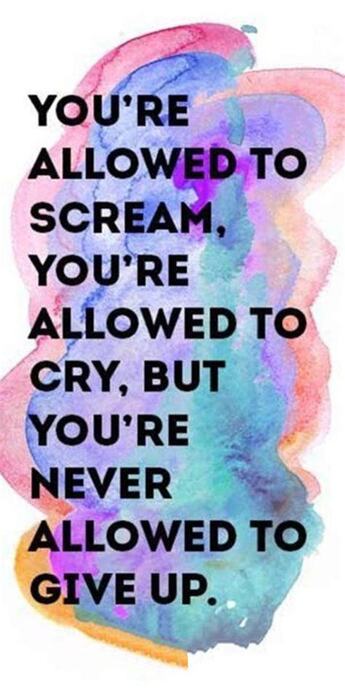 Never give up. It has taken me such a long time and been such a winding road to finally create and commit to a self care program... and KNOCK WOOD, it's only been barely a month since I started but I am feeling so much better emotionally and physically. Do whatever it takes. Keep trying different approaches, different teachers, different methods, a variety of schedules and inside outside... YMCA or walking with a neighbor or just staying in and using a chair and a video. Just never give up. That is all for today. I cannot say enough how my entire life, view on life, feelings and stamina in all sorts of areas is immensely improved by a bit of structured daily movement. I can remember following a similar program when I was 39. Huge physical upheaval, moving from one coast to another... at least 2 months in limbo and then a strange environment and crazy schedule all conspired to eventually eliminate that practice. I'm back, finally and I will do whatever necessary to maintain this practice! 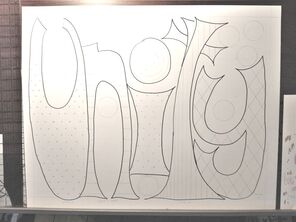 I'm playing with a new piece of art... I'll post up some of my other word art below so you get the idea. It's so fun and creative and normally I don't think about it too much. I get inspired by reading or after mediation and just go for it. The goal to express whatever was inspiring me in the moment. With Unity because it is a word for this whole year I actually have been taking some time to plan out what patterns and colors to do, testing different designs, etc. I got the bright idea to use words within the letters as patterns and started playing with different words that reflect my intentions around creating Unity inside my head and inside my life. The word integrity presented itself at some point... along with all of these: time, connect, surrender, accept, allow, settle, align, sort out, negotiate, honesty , fearless, wonder, radiate, re-member, guide, umpire, TRUST, LISTEN, breathe, relax, and on and on... I have a special relationship with integrity, the idea of it, the practice of it. A more meaningful definition was first presented by John King during one of the many Landmark Education courses I engaged in while living in Venice Beach, California in the 90's. The standard definitions just didn't resonate with me... but today I found one that did. Standard definitions with italics added by me: The quality of being honest and having strong moral principles (that you actually put into action and practice daily) The condition of being unified or sound in construction (consistently in life no mater what) The quality or condition of being complete or pure The state of being whole and undivided New definition thanks to Parker Palmer - Courage & Renewal - Touchstones Love this stuff... the link describes the overall approach used during a Circle of Trust event. I attended multiple Circles of Trust hosted by WholeHeart in Burlington, VT. The quote below is #6 in the approach and my gift to myself and to you for the day. I'll sit with it and re-read it and play with it for a few days, at least, it's lovely and resonates! "We live with greater integrity when we see ourselves whole. Integrity means INTEGRATING all that we are into our sense of self, embracing our shadows and limitations as well as our light and our gifts. As we deepen the congruence between our inner and outer lives we show up more fully in the key relationships and events of our lives, increasing our capacity to be authentic and courageous in life and work." Alignment information from a journey this morning.
“You didn’t come here to fix things that are broken, or to know things you don’t know. You came because life on the path of least resistance is a delicious state of being. And you are in love with life, and you are in love with you, and you are in love with being in love with life.” Abraham Hicks “Clarity is alignment. Clarity is a clear impulse of where to go. Clarity is trusting the path. Clarity is not standing in a wobbly place. Clarity is that momentum that has no resistance, and when you’re in that place of clarity, the feeling of what to do next is right there.” Abraham Hicks 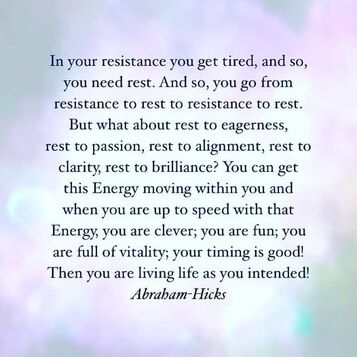 Here's an incredibly abbreviated consolidated bit on my recent experience with resistance and surrender. I had the word Surrender tattooed to my left wrist in 2014. For months and months I tested the word and the place with a sharpie. I wanted to be sure that it would be a message for all times of life, something that would resonate and hold true no matter my position in the ever changing world. Indeed, this has proved to be a very valuable and ongoing message that resonates. Apparently I have spent my entire life, possibly since my first breath when I got whacked, until now, resisting. Resisting people, places, things, nature, life, my good ideas, my creative ideas, my bad ideas, numbing out, avoiding and resisting... my top three unhealthy priorities. Anything that has taken on such a vital part of my programming is bound to take time to release and re-program. I encountered a whole new and curious level of resistance when it comes to day to day operations, people and behaviors. It's easiest to explain in terms of expectations and disappointment; passion and apathy. I expect people to be awake and kind; I'm constantly disappointed by what I perceive as humans acting stupid and mean or aware and malicious... This sense of justice and injustice in the world at large has caused me angst and frustration, resentment and suffering... I HAVE allowed my resistance to human nature as it is, reality, to get to me and make me angry, anxious and hopeless. I take full responsibility for this dis-service to myself. I didn't know what I didn't know. Now that it's clear that Reality just IS and it's not my fault or my job to fix it... holy cow, what a relief! The ripples and waves of relief keep coming on shore and washing over me, again and again! How Lovely! My natural healing and wholeness progresses as I come to peace with nature, with humans, with Reality. This is the way for me to explore my relationship with myself, with food and with exercise and self care. No other path will provide long term, meaningful unity and peace. And when this particular journey is concluded, I look forward to the next challenge. And so I stare at the word on my wrist and marvel at the wonders revealed in such a simple word and the wisdom that showed up when I chose it as a lifelong reminder. 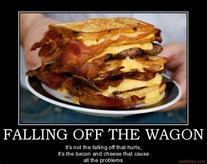 I need to back track a bit and examine the start the middle and the end of the last journey. I am a bit hazy. I think it started with a celebration or preparation for a celebration. The Super Bowl. Now I can look more objectively at my impulse and/or habit to buy and consume processed finger foods in mass for consumption while watching a football game. I bought so many I still have some left... macaroni and cheese balls! buffalo chicken dumpling won ton things! tiny pizzas! Just to name a few. This odd custom followed immediately by Valentine's Day an equally indulgent and insane amount of chocolate was purchased and consumed all under the guise of celebration, reward, party... We're due! It's only once per year! All this very interesting and, in hindsight, I wasn't really prepared for the onslaught of the great American marketing machine. I caved, as I guess I always have, but given my recent focus on healthy eating and movement, the affect was very noticeable. I was in a bit of a food fog for a few days. Long story short, I've recovered and plan (as I always do) not to cave next year. Time will tell. Perhaps I'll add an event to my calendar for this time next year... reference back to this post or just say "DON'T FALL FOR THE FOOD & SWEETS - THEY are NOT a GOOD Thing!" A friend saw my posts and shared with me a diet plan that she has found successful. I was hesitant and curious at the same time. I hadn't heard of it so I entered my email to learn more. Low and behold the coaches names that popped up as available in my area are very familiar to me. Either they've changed the company they represent or the company has changed it's name. Either way, I was a bit stunned and amused and frightened to realize that it was one of the many plans I had tried in the past. It only stood as shocking proof of how long I've been at this quest for thinner-ness. Fuck! I also was a bit relieved that I didn't need to try it (been there done that) and that I hadn't missed out on some perfect, miracle, magic pill of a program. Thanks but no thanks I lost the weight at the time but low and behold here I am. What else? I am reminded that the rubber hits the road at the super market / grocery store. If I don't buy it, I can't eat it. Duh! I also came to a revealing discovery that I am delusional when it comes to my outlook on the world. This a bit of a breakthrough following the experiences in the last post. How can I put this nicely and succinctly? My never-ending optimistic outlook on the behavior and hope for the human race is not realistic. I have to, based on history, severely adjust my expectations to zero and then be pleasantly surprised when people are actually kind and considerate and politicians are thoughtful and inspired... OMG. I know, I know, what was I thinking? It is what it is and I'm just grateful I'm just passing through. I get to choose to be the best I can be and leave the rest. 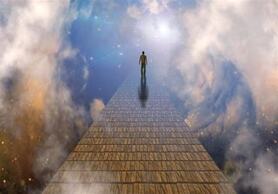 Today is an above average day. The insight is, of course, the culmination of all that has gone before. I will attempt to explain. Poems are easier than prose when it comes to all things spiritual and mystical, however, no poem has presented it's lovely head. I have been slowly but surely, little by slowly making progress toward some sort of sanity and a certain skill set and perspective to actually maintain that hard won ground. Today is above average because a shift has occurred. A new sense of peace and the absence of mental spinning, paranoid, anxious, fearful, angry mindset and unawareness. They say we are sleep walkers... dreaming we are awake. The sleeper has awakened. Today I had the grace of a new perspective. I can't explain it right now I'll have to come back. In the meantime I'll just copy what I wrote in my journal this morning. February 10, 2022, 7:38am "And then Reality settles in - settles down and graces me with Her true presence. The reason I feel alone, the reason this world makes no sense. The reason I have revolted, rebelled, and resisted my entire life. The truth that this planet is not my "home" and it never has been. Yesterday during my session with April I traveled to a place in my meditation that was home. Now that I KNOW and FEEL the love and acceptance - the power - safety - security and peace of my actual home, I can travel there anytime. It was an experience similar to what I hear others describe in near-death experiences. The tunnel, the light, the loved ones, the warm, caring, unconditional beauty and comfort. A place where joy and celebration can exist perfectly without pain and failure.... Relativity & Paradox is NOT the rule of that universe. The message I received was to surrender, Not surrender to human illusions and delusions but to surrender to the flow of nature, intuition, harmony, balance and the character of this planet. I can and I will lay down my swords and spikes and stop hurting and hunting. I can practice Unity - Serenity - Vitality. I don't need to know what's next. I don't need to expect or judge or defend or fear or doubt... no preaching or teaching, no explaining or excusing. I am actually free and at choice in this life. I'm just passing thru, it's extremely temporary in the grand scheme of things. I'm not sure what my focus will be, where my attention and intention will flow and that uncertainty is PERFECTLY OK!" I feel remnants of embarrassment at my lack of skill in explaining this. Any which way, take it or leave it. Pick it up or put it down. I'm having a brilliant day and plan on keeping it that way. My new practice is to continually ask myself these questions: "Is it real?" "What is the Source?" "What is the Flow?" "...No question is too tough - no tone too pointed or insulting, they parry every blow with humor, poise and patience. Even when stung or provoked, they choose not to react." The Daily Stoic February 4.
Not sure why this is so difficult. I guess I've been trained to look for approval and acknowledgement or permission or what? what? what? kindness? honesty? I wonder why it's so important to me to look good and be right? This is something I'm exploring as I focus on self care and feeling good physically, in my body. Other peoples' thoughts, opinions, input, ideas, judgements, expectations, approval or rejection are irrelevant. I choose to be present to the beauty of me, by myself, my worth, my existence is all the permission I need, my inner wisdom is my guide, my internal unity is the best and most precious gift. Period. End of Line... Another thought for the day thanks to The Daily Stoic, February 9. 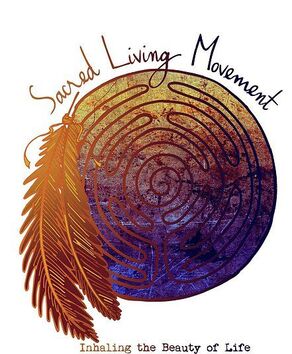 I am settling into something resembling a consistent workout routine. KNOCK ON WOOD!!! A year from now I will consider claiming "victory" in maintaining a long term self care program. In the mean time I was playing with the description and word nerd that I am decided to come up with a much more interesting and accurate description of my endeavor. The word "work" like "love" is so over-used it has lost all it's appeal and has no creative value. Movement Practice sounds like something I would be interested in actually writing home about. Movement - to change the position of; to put or keep in motion; to dislodge or displace ((something fixed) that's me... heee heee); to stir up; to pass from one place or position to another. Synonyms: hulabaloo, commotion, hustle, flurry, buzz, hustle & bustle... Practice - the customary, habitual or expected procedure or way of doing something. Repeating an activity to acquire or maintain proficiency. Synonyms: conditioning, routine, training, way, system, routine. As I was writing the definitions I realized I have a different sense of the word practice. For me it represents a surrendering. I have become aware recently that I have been rebelling against nature and basic natural laws for as long as I can remember. I imagined for years that my rebellion defined me as an intelligent above average freedom fighter. I've now clearly see it was a complete waste of time and energy and quite silly on my part. So even saying that I plan to practice... implies that I've finally caved to the whole necessity of practice... that I won't just magically arrive and stay at that level. That I won't just get there, even if it is through patience and hard work I always wishfully imagined that I would at some future date actually get somewhere and be able to rest on my laurels... at least when it came to that particular pursuit. To put it another way and perhaps with more clarity I have finally accepted the reality that the onion will never be peeled, ever. (Fucking onion!) Don't get me wrong I love onions, but the metaphor has stuck in my craw since I first heard it in the rooms and was introduced to the concept of "progress not perfection"... what!!!??? I proclaim my love of and need for an ongoing Movement Practice. My body needs movement. It is getting older and without all the estrogen I need it even more. Nothing rash or harsh or intense, just movement, possibly graduated and definitely variable... Beach Body today, Yoga with Adrian tomorrow. I also acknowledge and accept that this is a practice, a sacred and long term commitment. Since I am on this planet in this physical shell of bones and flesh I can expect to continue to grow old and change and experience the affects of gravity. Just the facts Jack, just the damn reality. I must say it is rather nice to finally give up that particular rebel cause and get on with life. I have so much more room in my head as I let go of various internal conversations and bitch sessions! Carry on and stay tuned!  Today is day four. Missed yesterday's post. I planned too much for myself. Again, I've done it again for today.... and Saturday. I catch a break from my own insanity on Sunday. This is a re-occurring theme with me, over scheduling myself then being pissy about it on the day. Yes, Yes, Yes... my mantra bites my ass. I get to say No for a bit and take a break. I am encouraged by my workouts. I am sore. It is good. I am grateful and committed to my program as it refines and fleshes out. I remember now, movement begets movement, energy builds on energy. It is very helpful to be reminded of these truths in addition to all the more negative realities of living on planet earth. I was presented with a major change in my roles and responsibilities lately. A surprise, not unwelcome but out of the blue for sure. What an excellent opportunity to practice what I'm learning and preaching! I got a chance to be the observer of my impulses to React - Engage - Defend, be insecure, be better than. Thoughts are fantasy without action... I watched the parade of curious thoughts roll by on their train and did nothing, said nothing to anyone, complained not at all, concluded nihil. It was such a different experience to be conscious and listening but not engaging in the river of thoughts running by. The image that came to mind was being in a quiet, lovely, serene room in a museum. The light is filtered and reflecting gently on an exquisite sculpture in the center of the round space. There are inviting benches arching around the perimeter and I imagine lingering on these benches carefully taking in every detail of the form in front of me. I can see the sharp and soft lines, the shadows and the reflections and how the whole energy of the piece shifts as I move from place to place. I can get up close and stand back. I make note of things that are familiar and the casts of things new and full of wonder. The overall vibration is curiosity and gratitude as I absorb the beauty and take in the present moment gift that is provided. All initial sensations of anxiety or defensiveness and insecurity have faded and the truth, the reality is revealed as the dust settles. |
Laurie Anne McCauleyDid that make you feel better? Intro
I decided back in November 2015 to make my poetry available and journal online. I'm not exactly sure what "blogging" means but I am quite sure this is an online journal. Feel free to read on with an aire of open minded curiosity. At no time do I intend to offend, judge or pretend to know anything really, I'm just an observer and explorer, as we all are. Feel free to "boldly go" through my observations and perhaps it will spark or inspire. Comments are off because I don't want to be worried about political correctness when I'm writing. I'm not thinking about "you." I'm just writing because it feels "right". Feel free to enjoy or surf on. LA McCauley Archives
September 2023
Fibber McGee's closet!
|

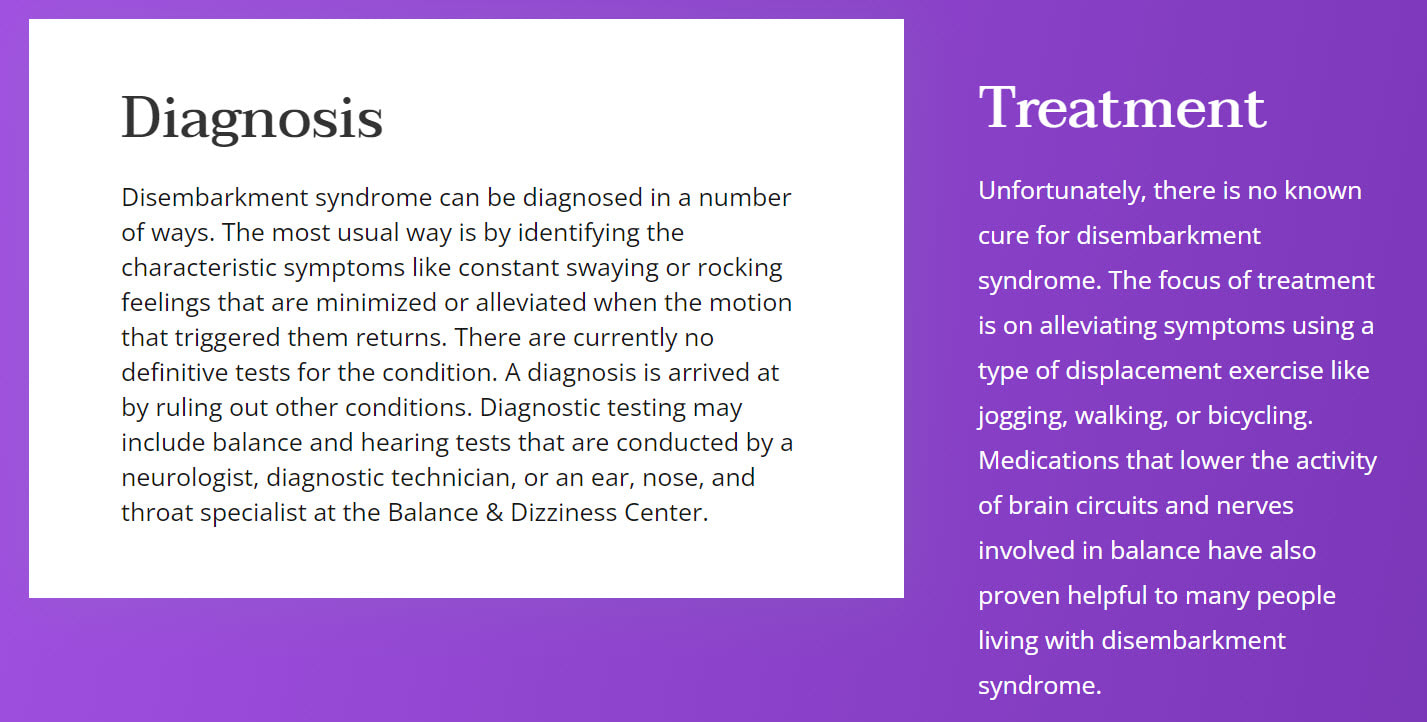
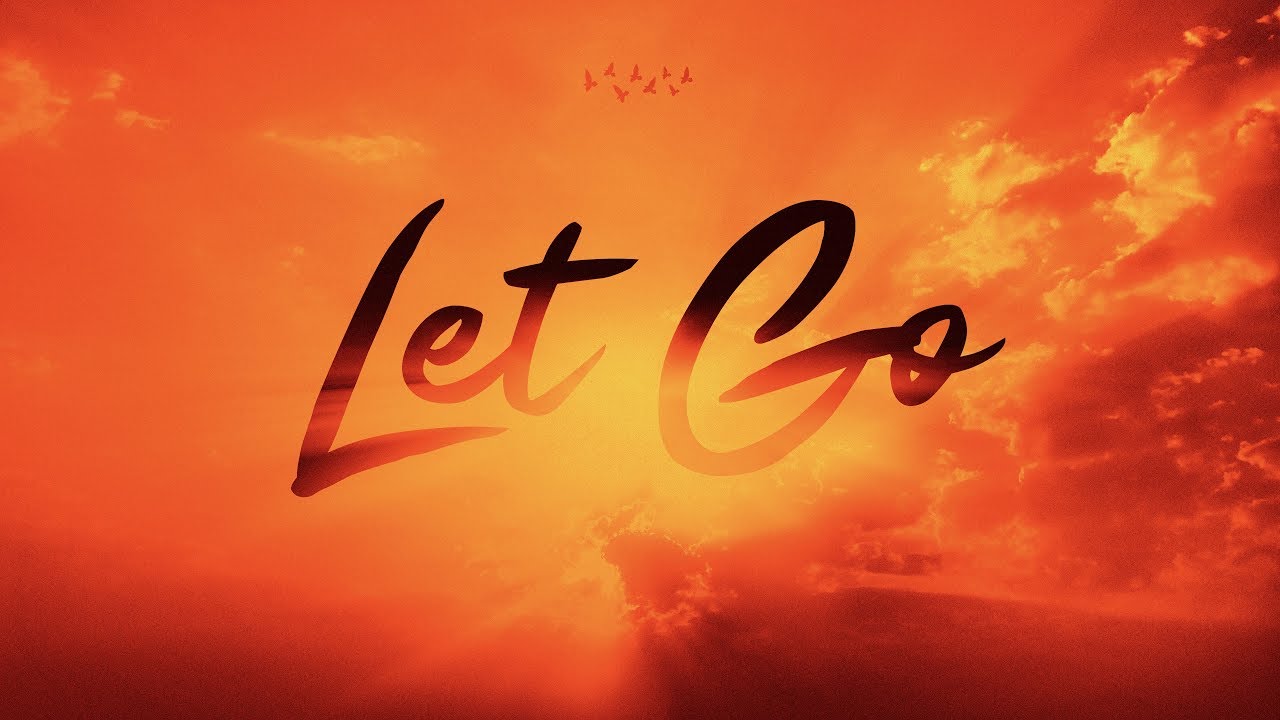
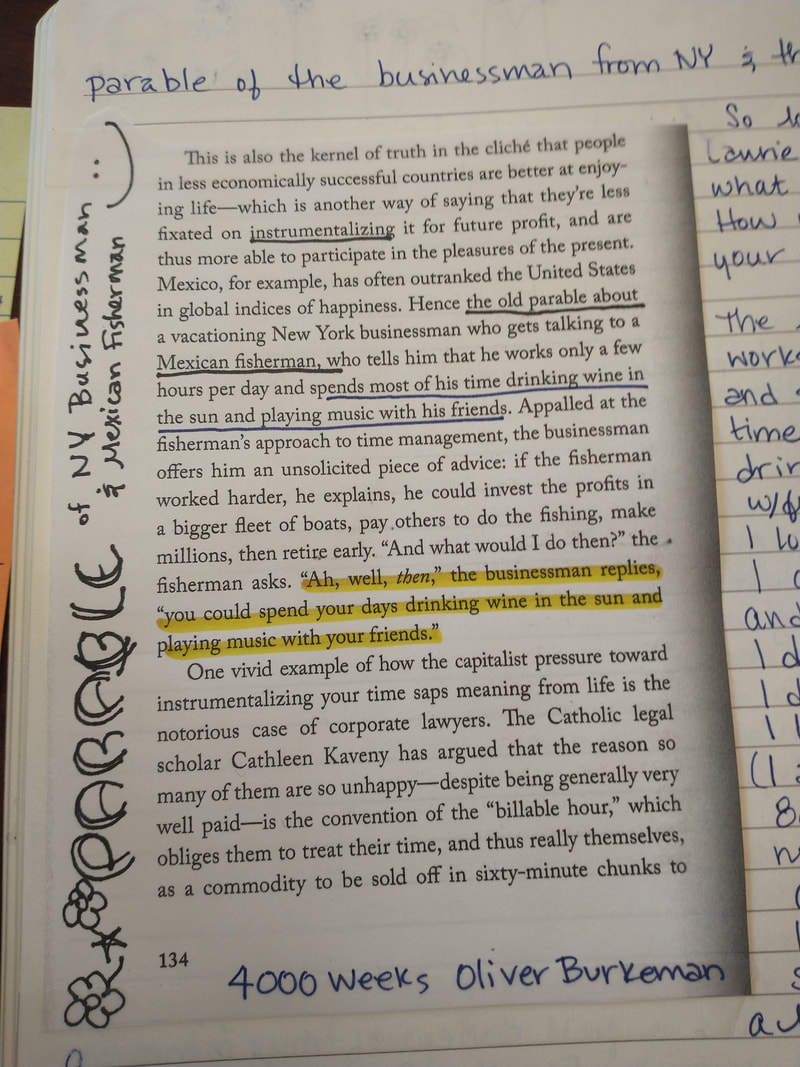
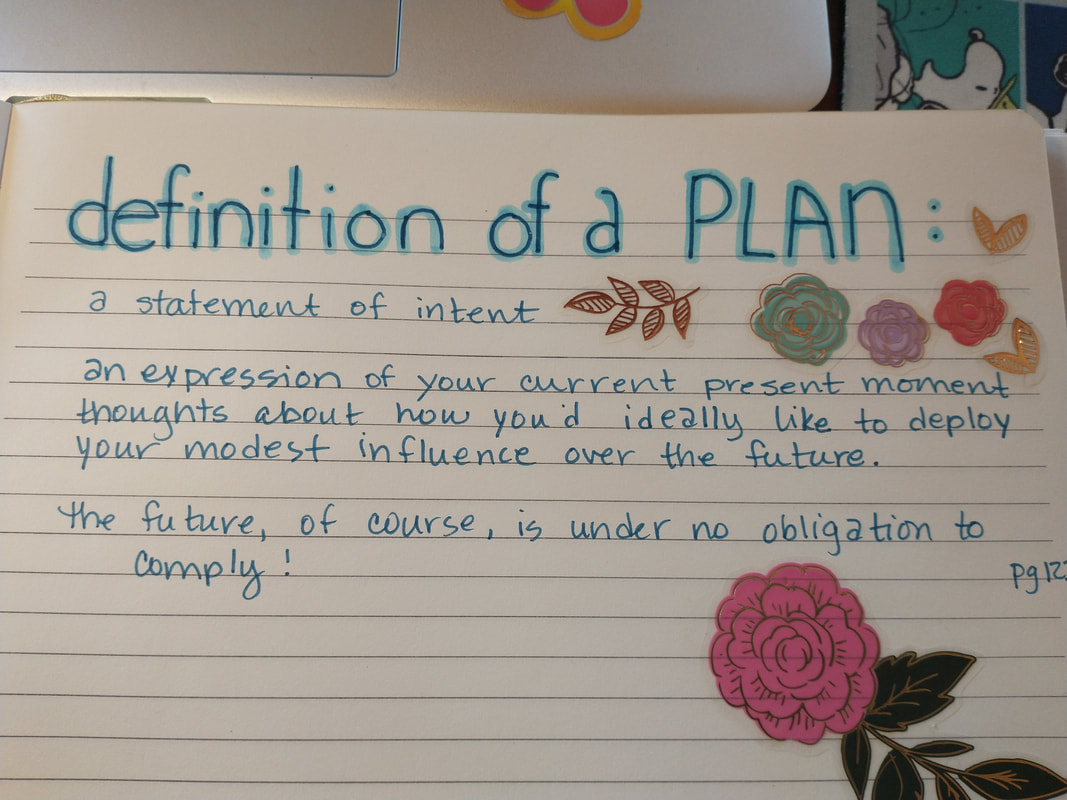
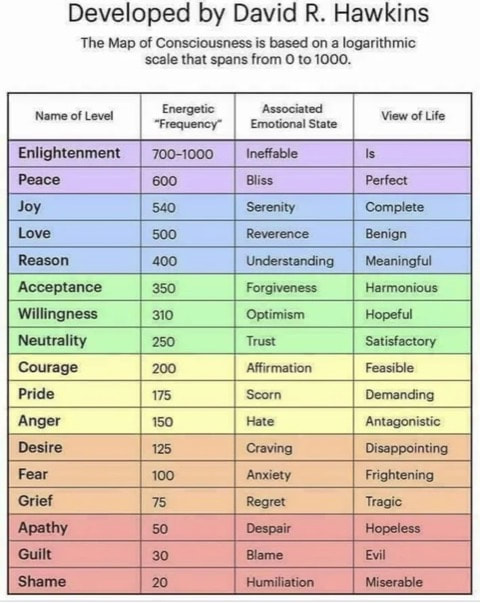
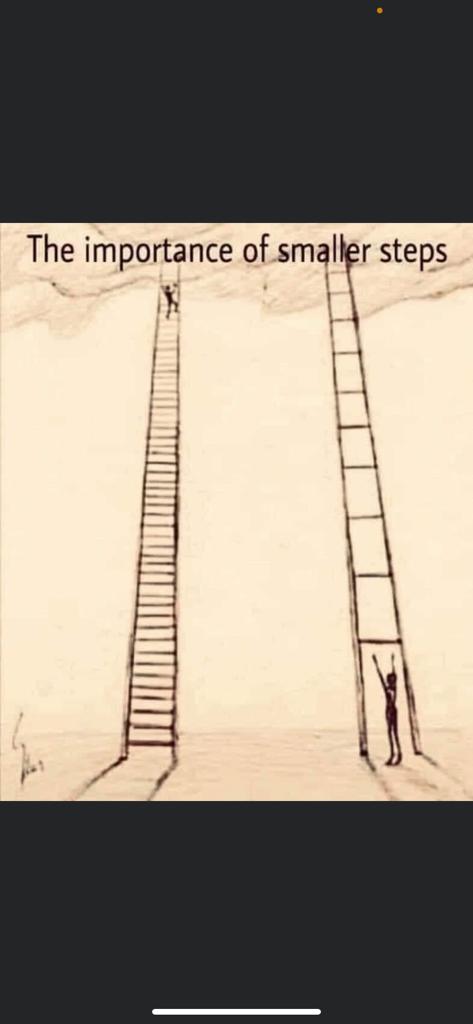
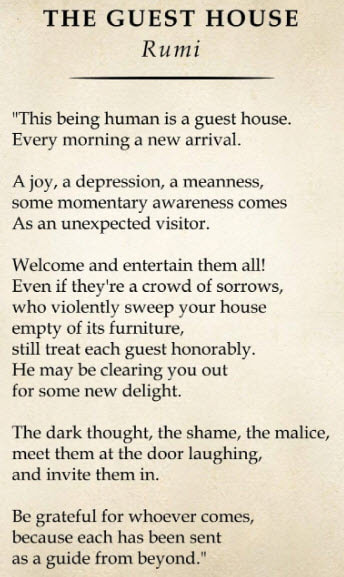
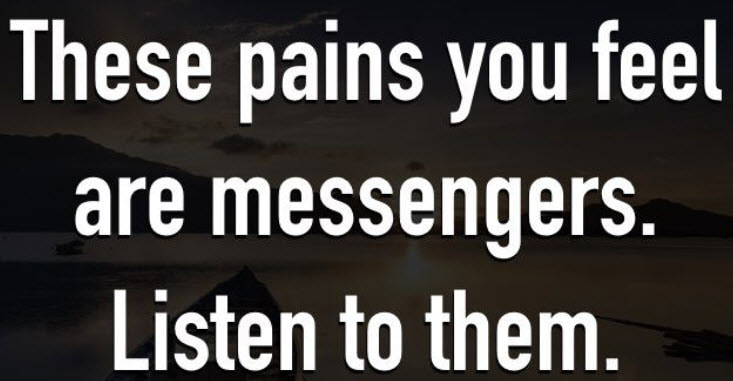
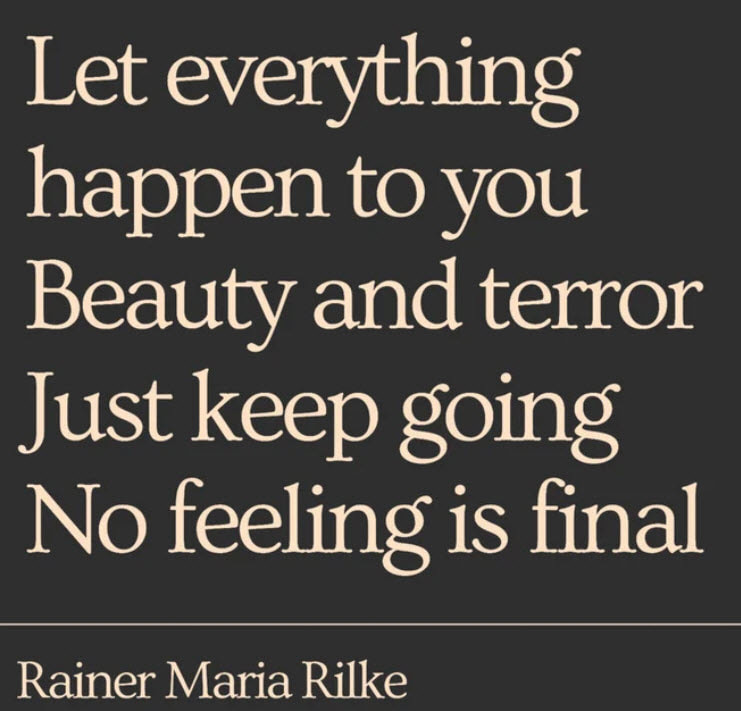
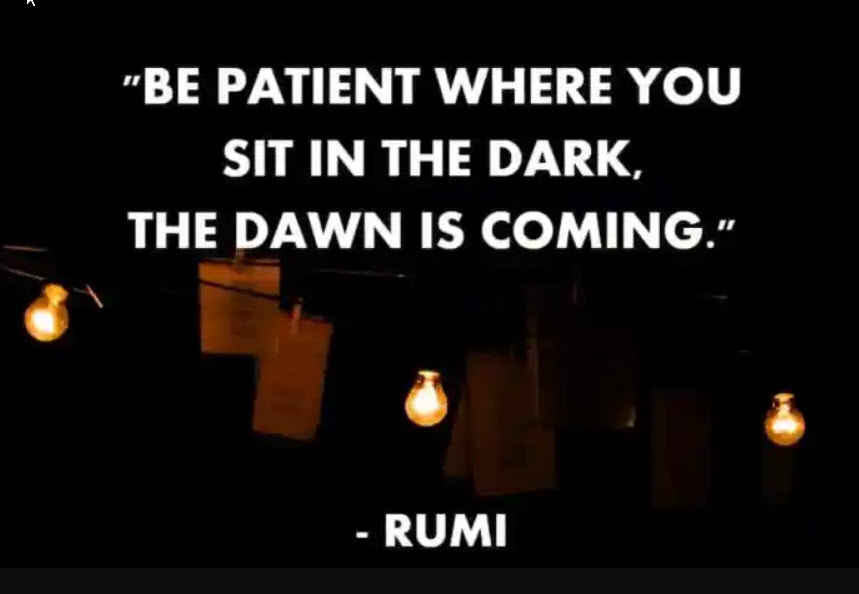
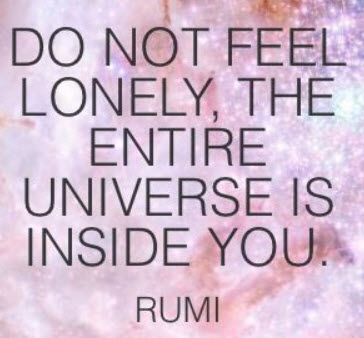
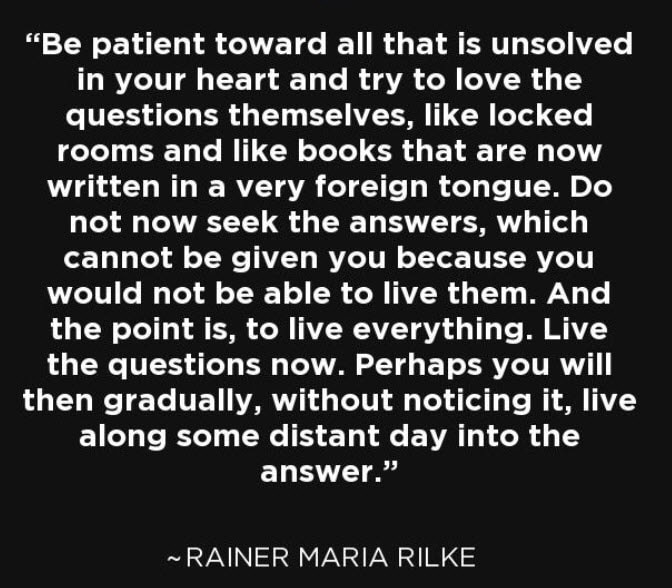
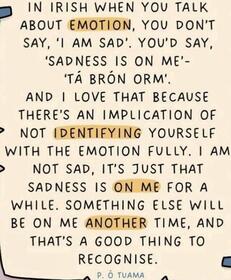
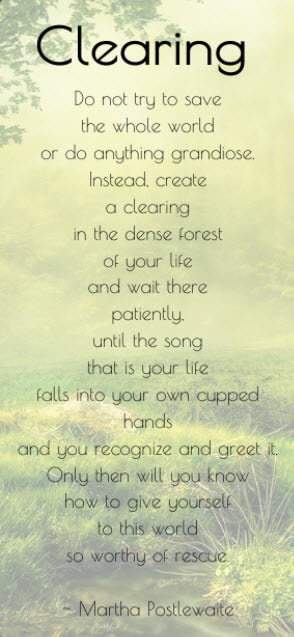
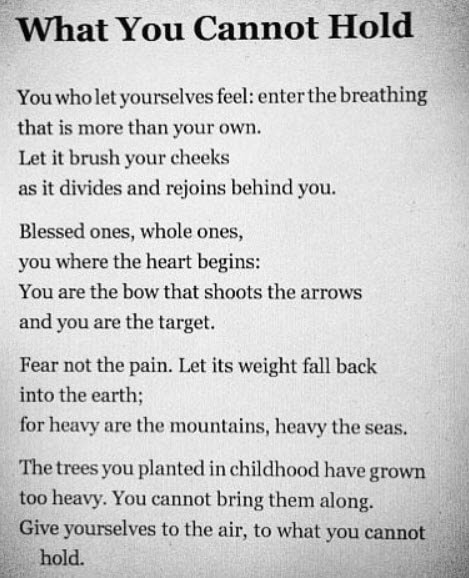
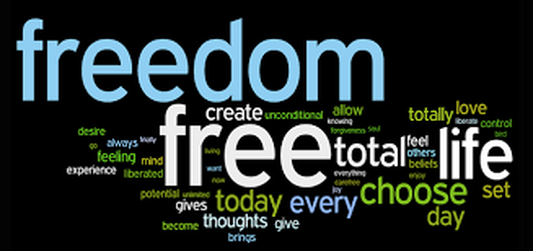
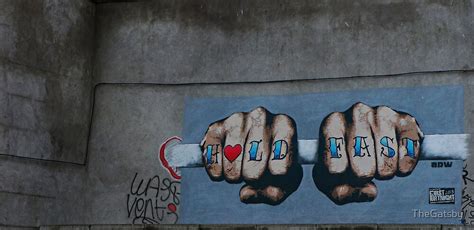
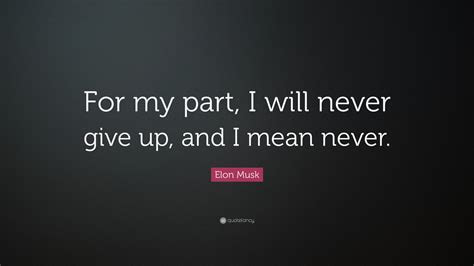
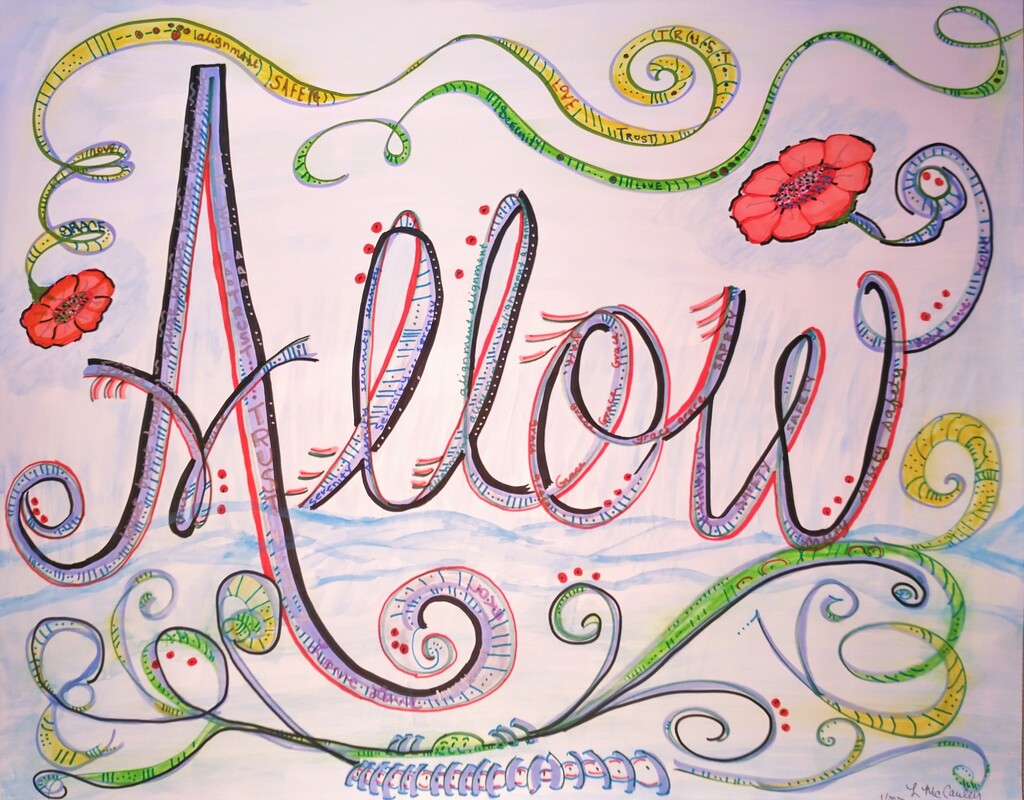
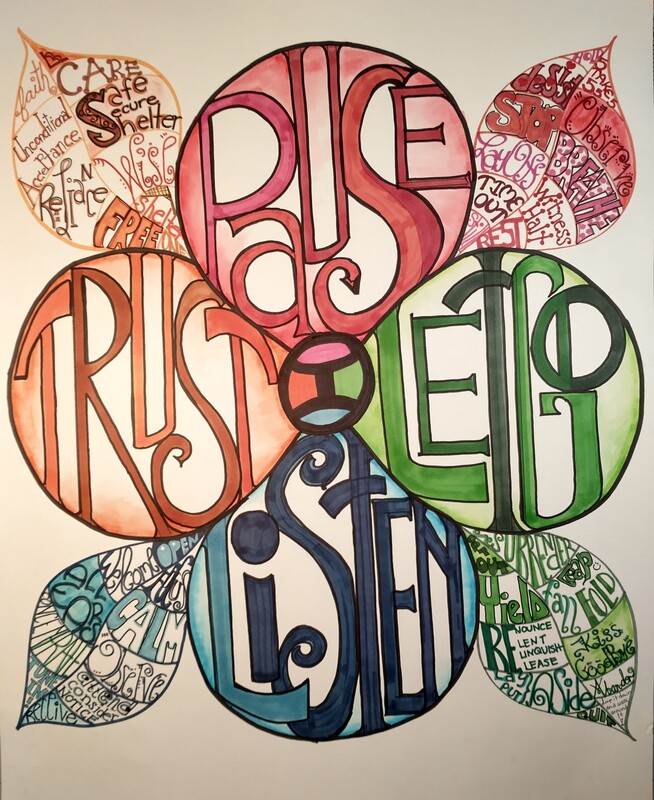
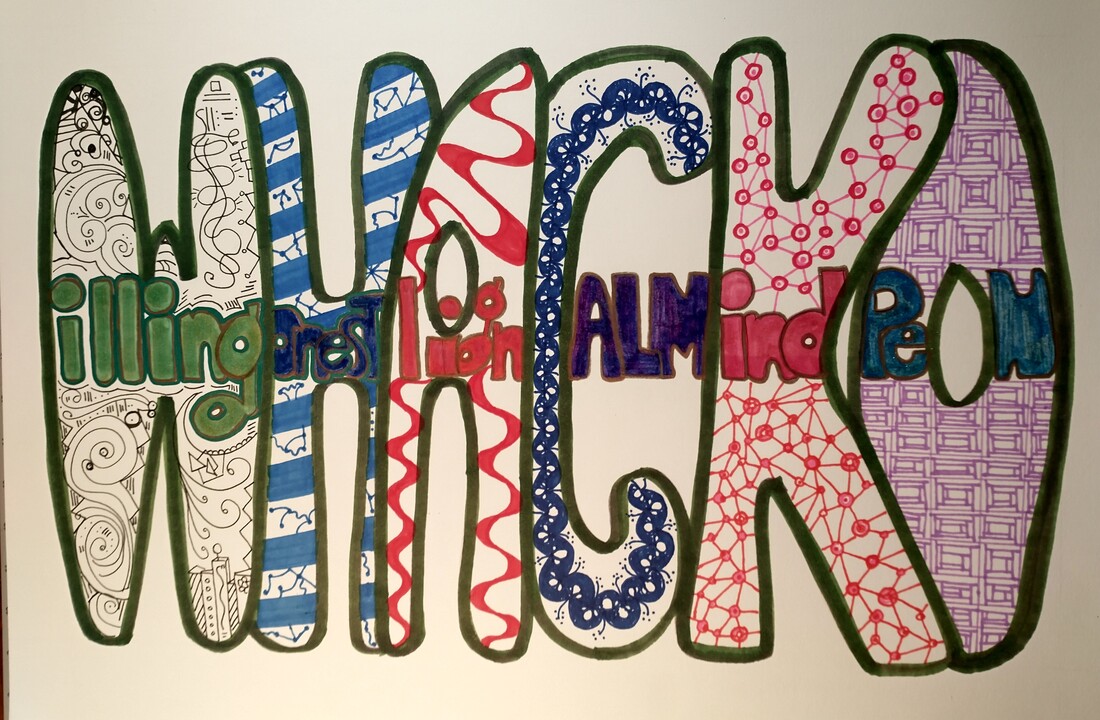
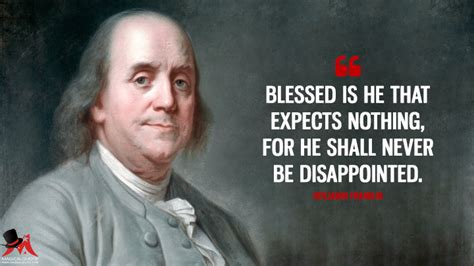
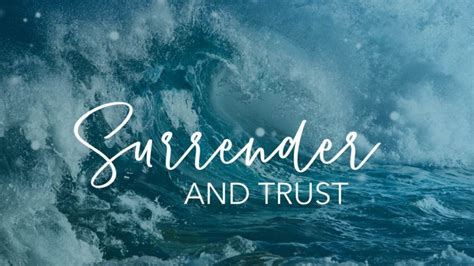
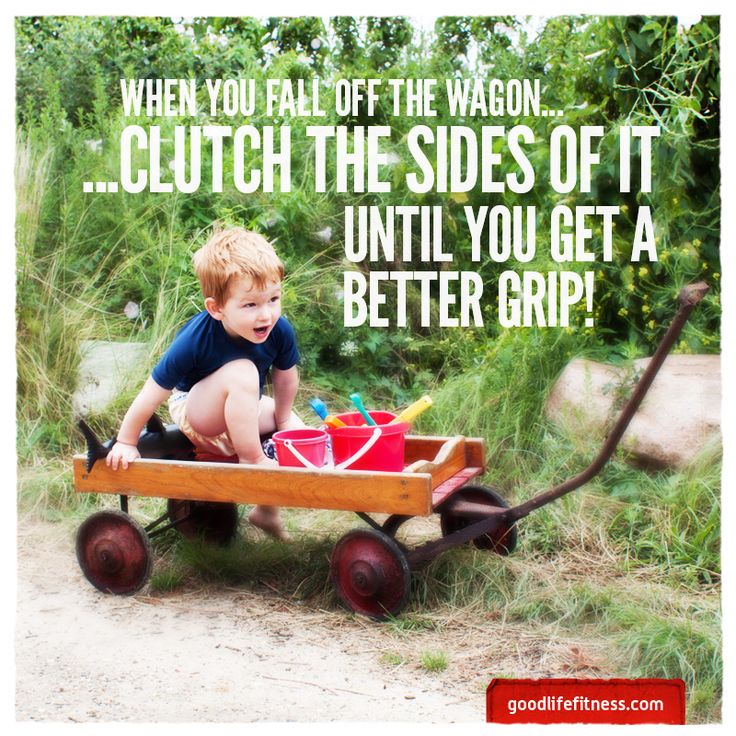
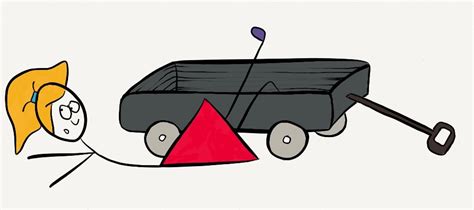
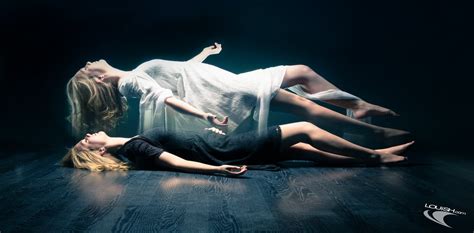
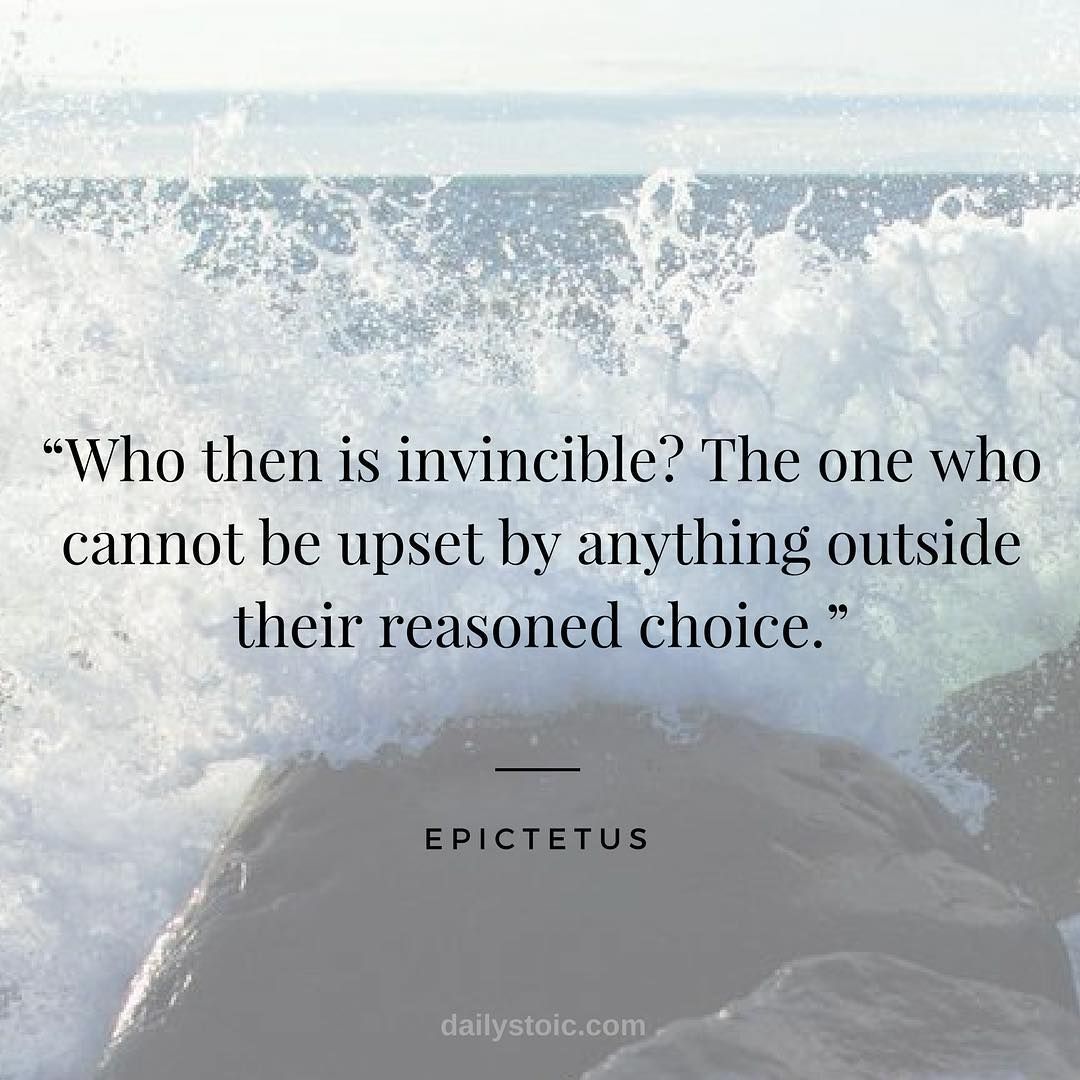
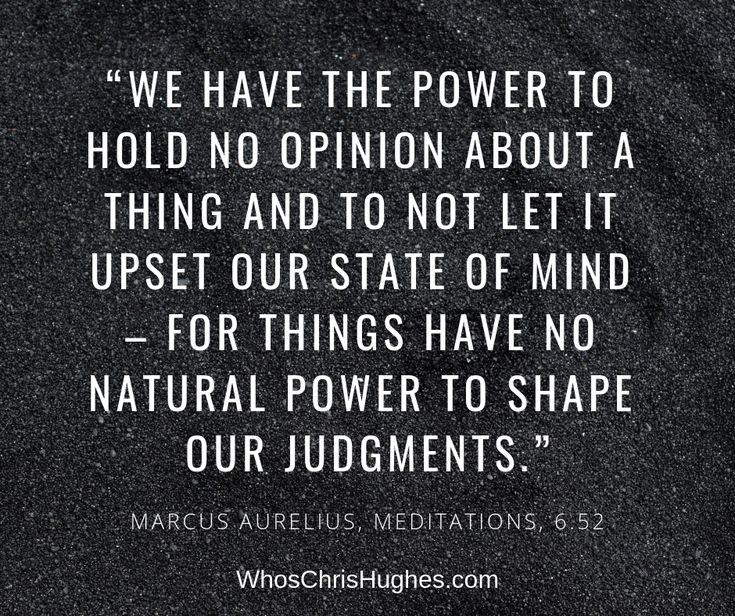
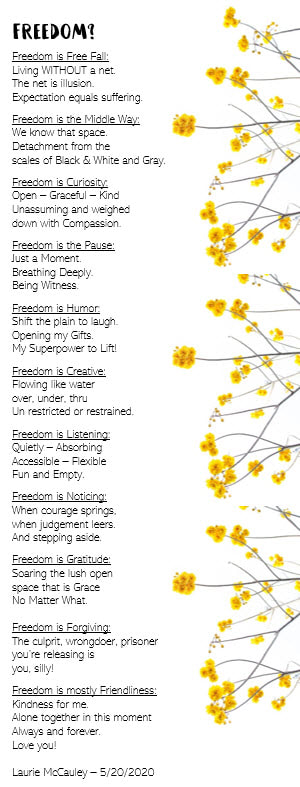
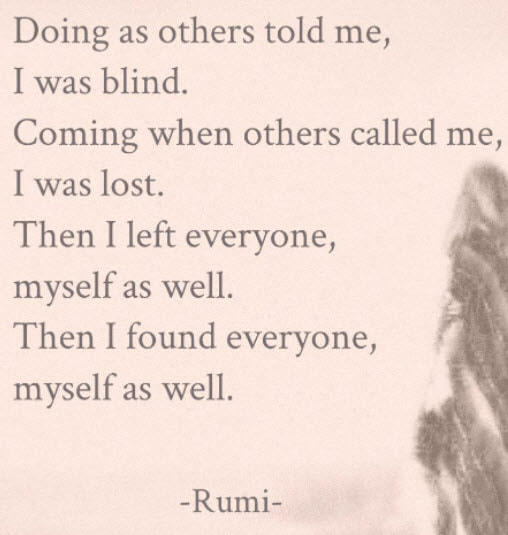
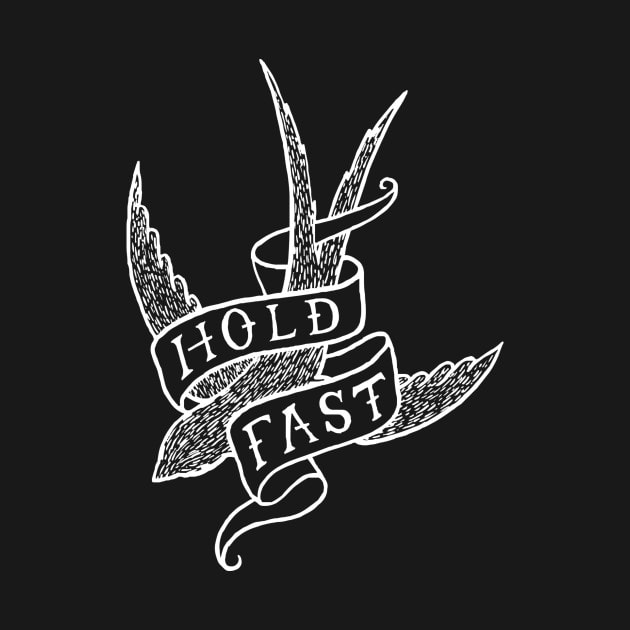
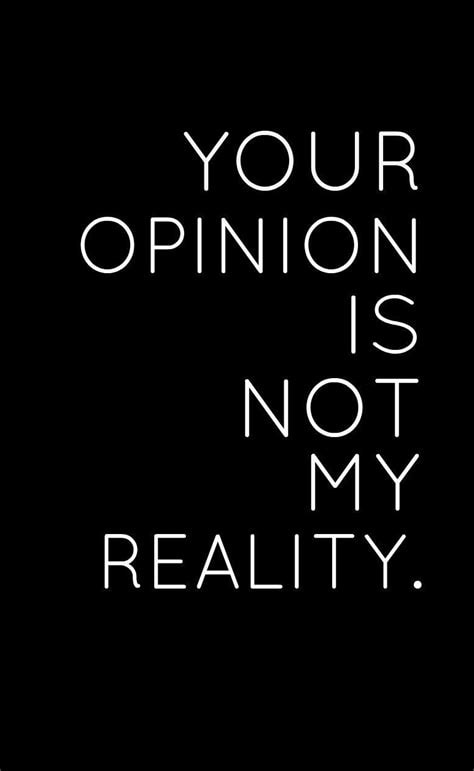
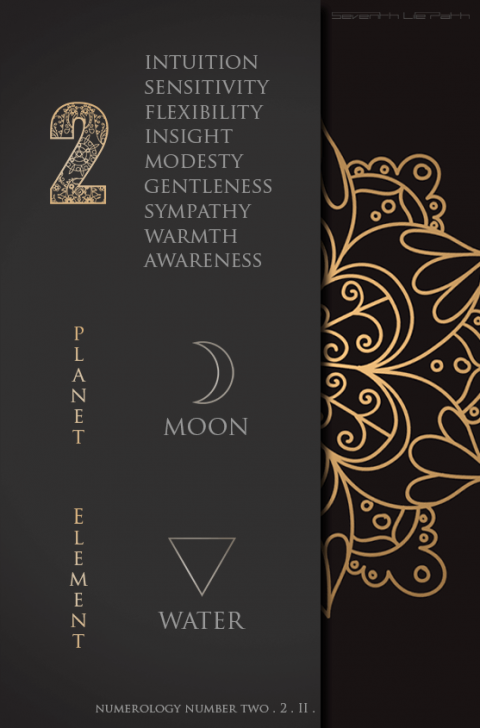
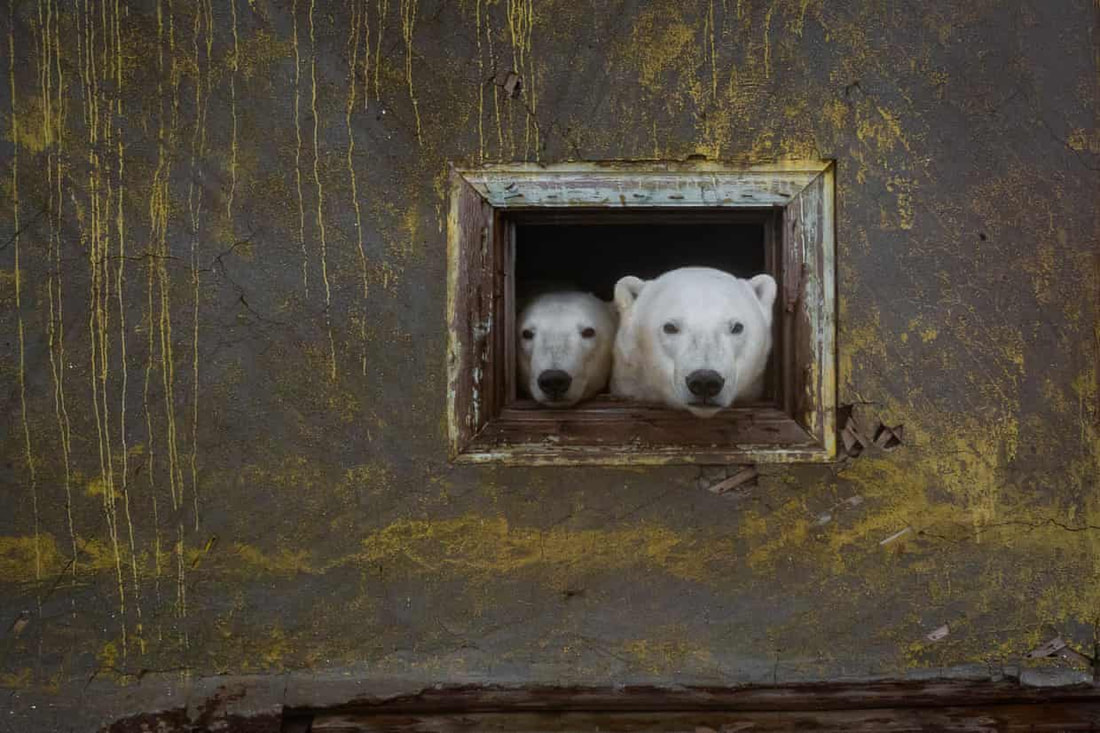
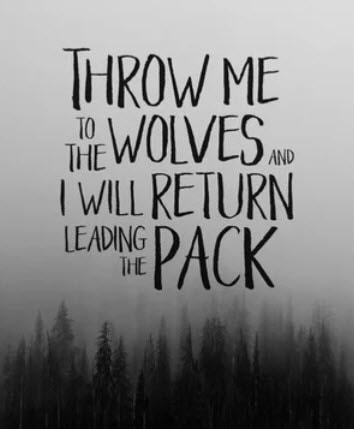
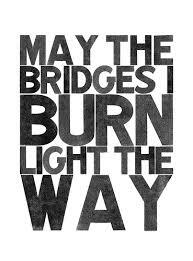
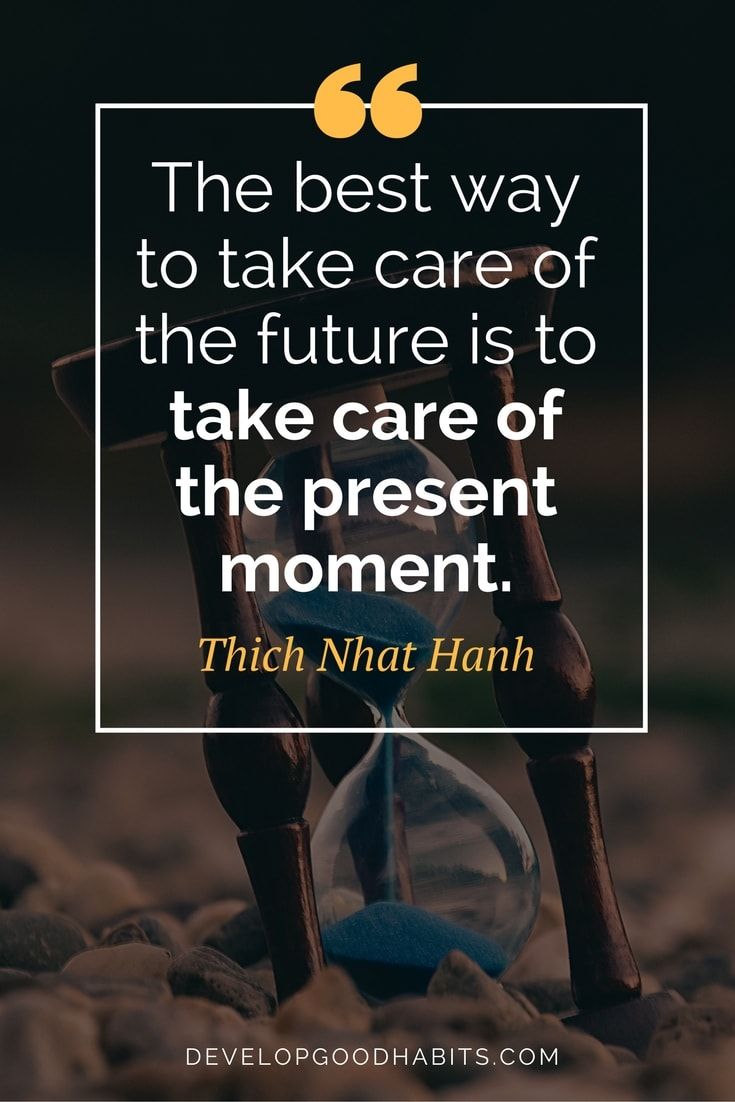
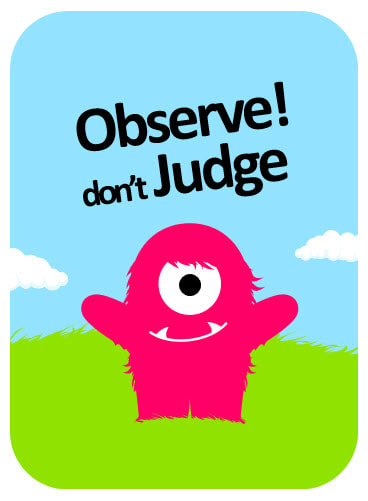
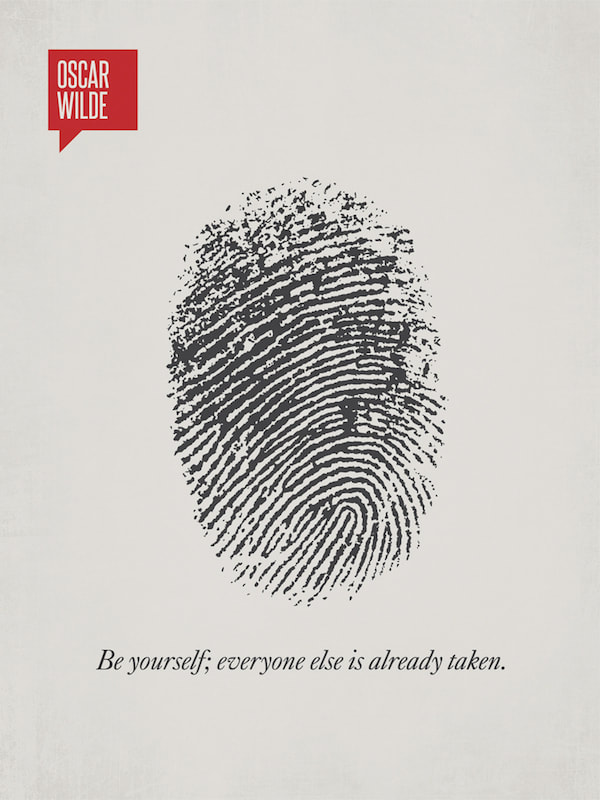
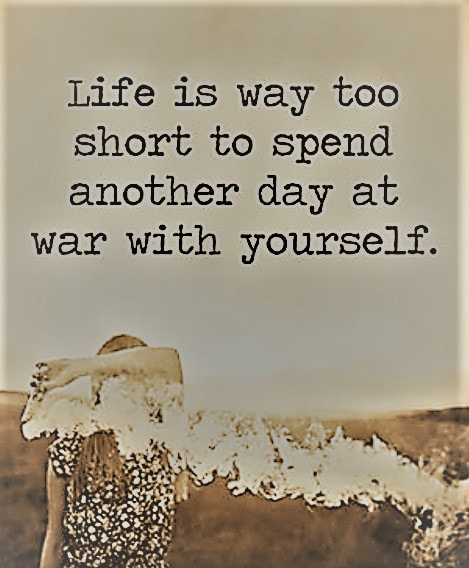
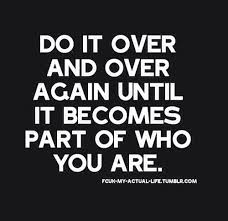
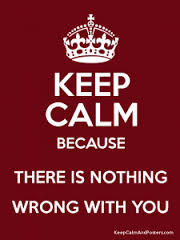
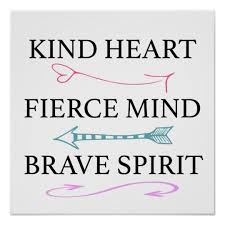
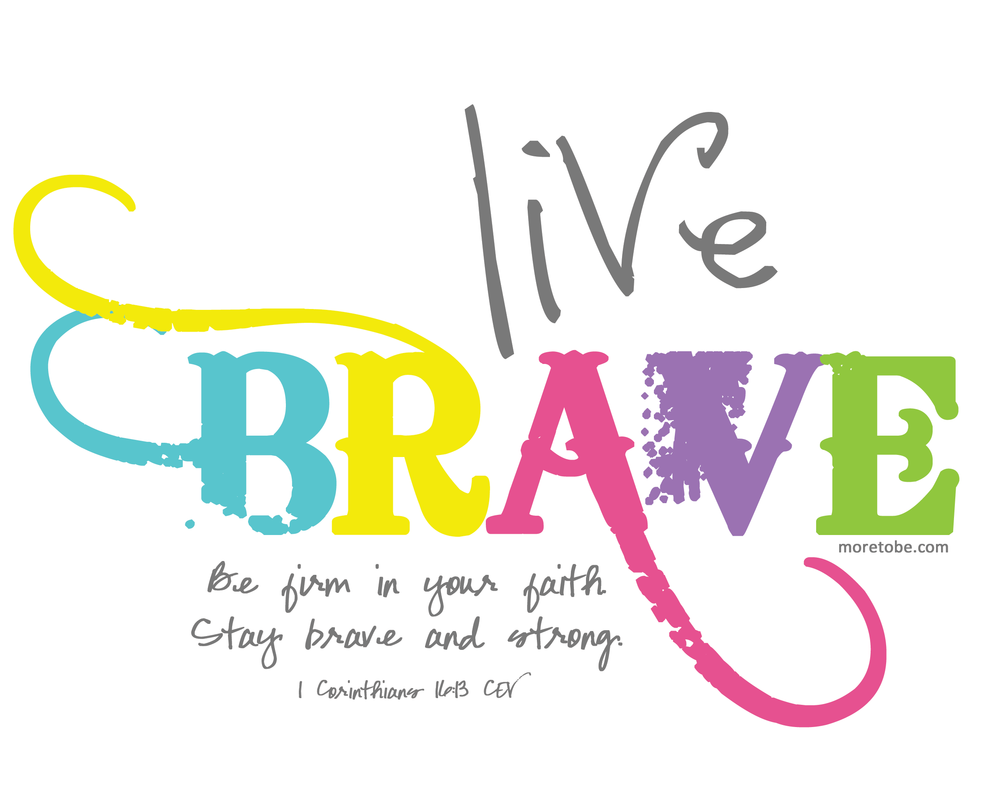
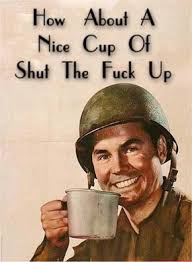
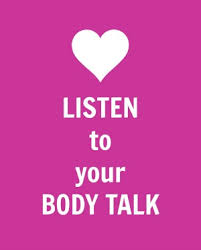
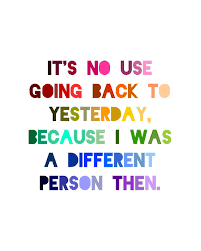
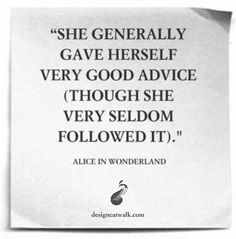
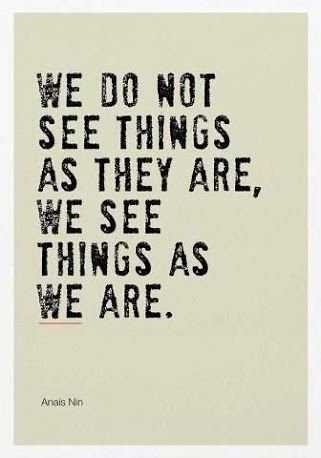
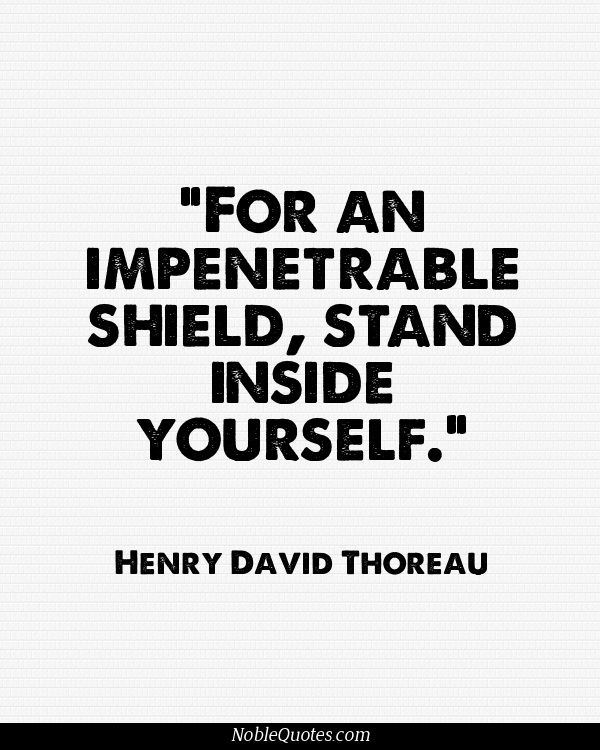
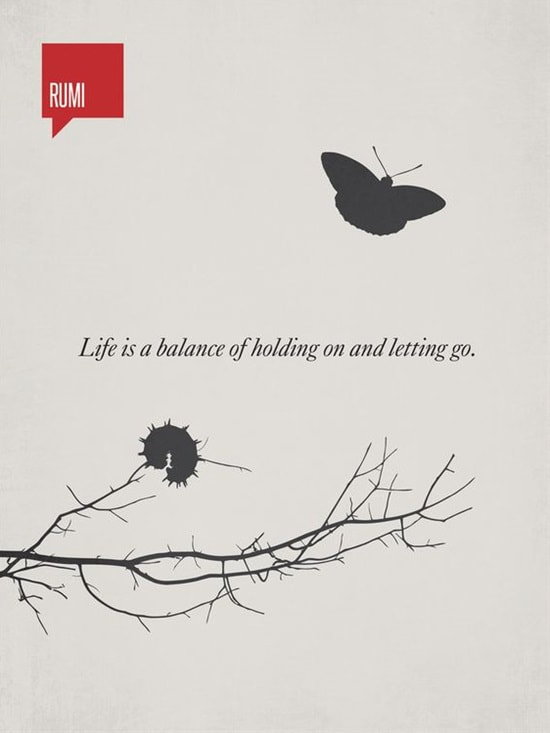
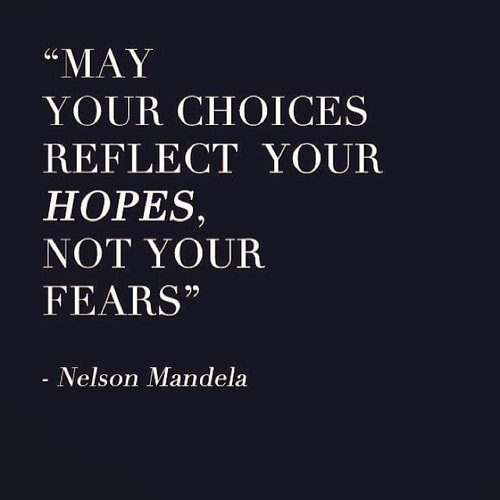
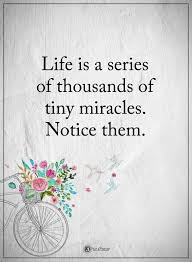
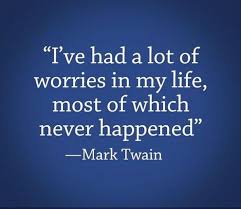
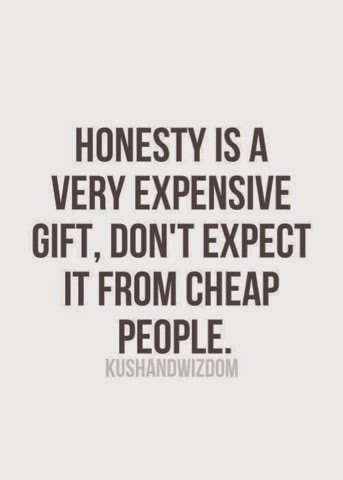
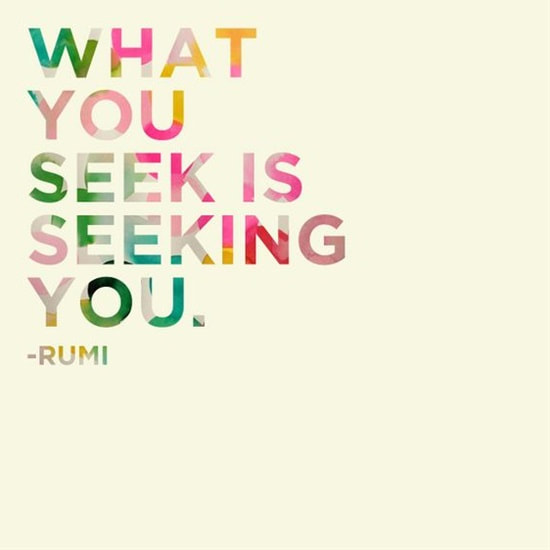
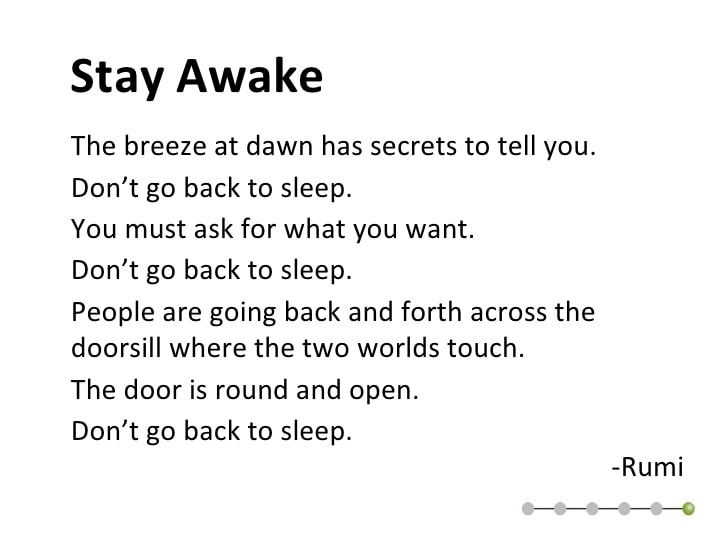
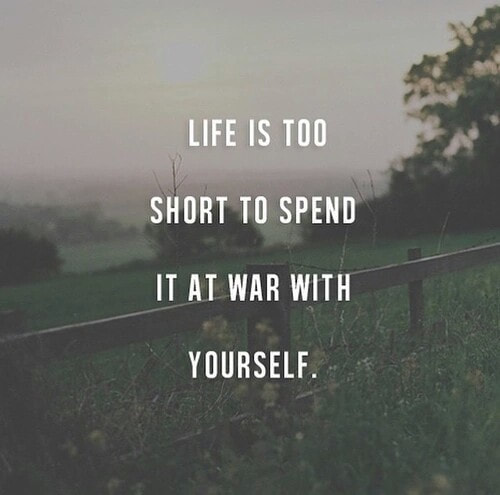
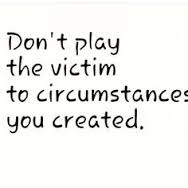
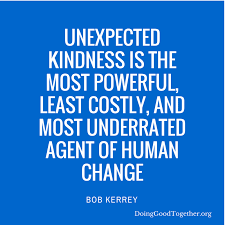
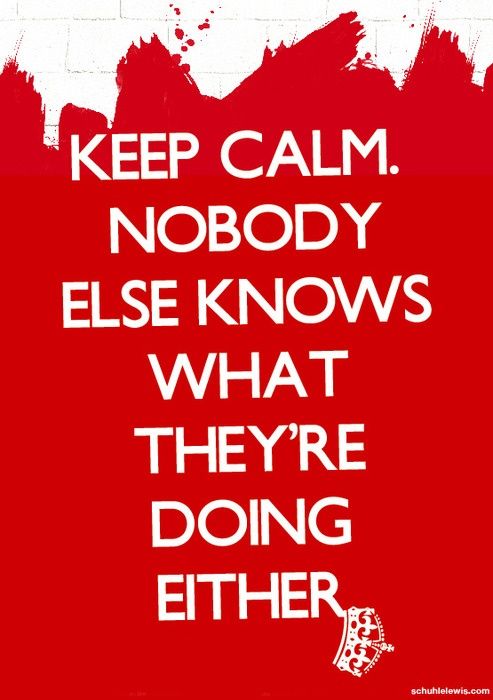
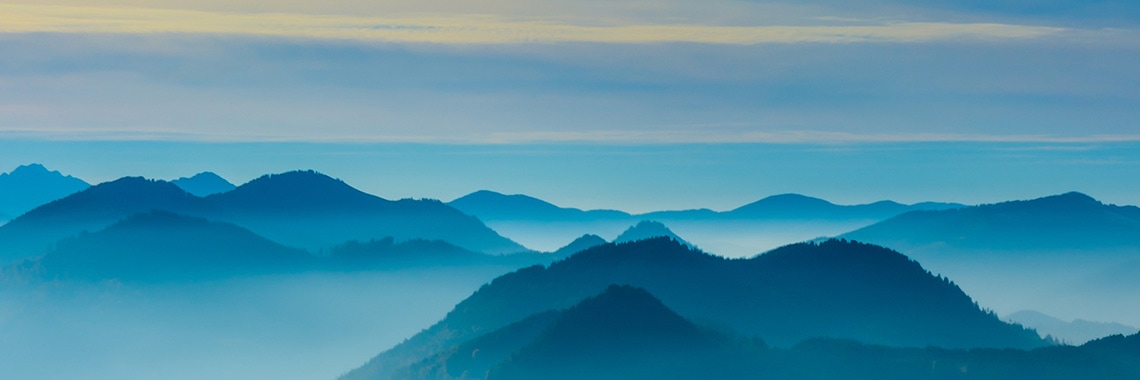
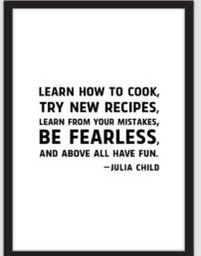
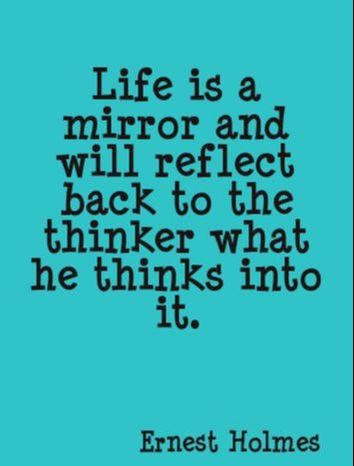
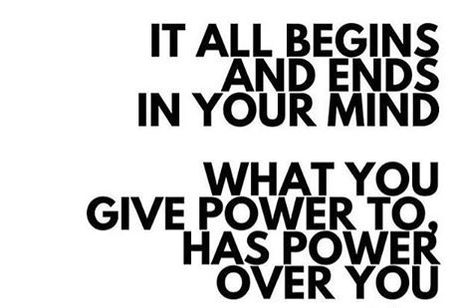
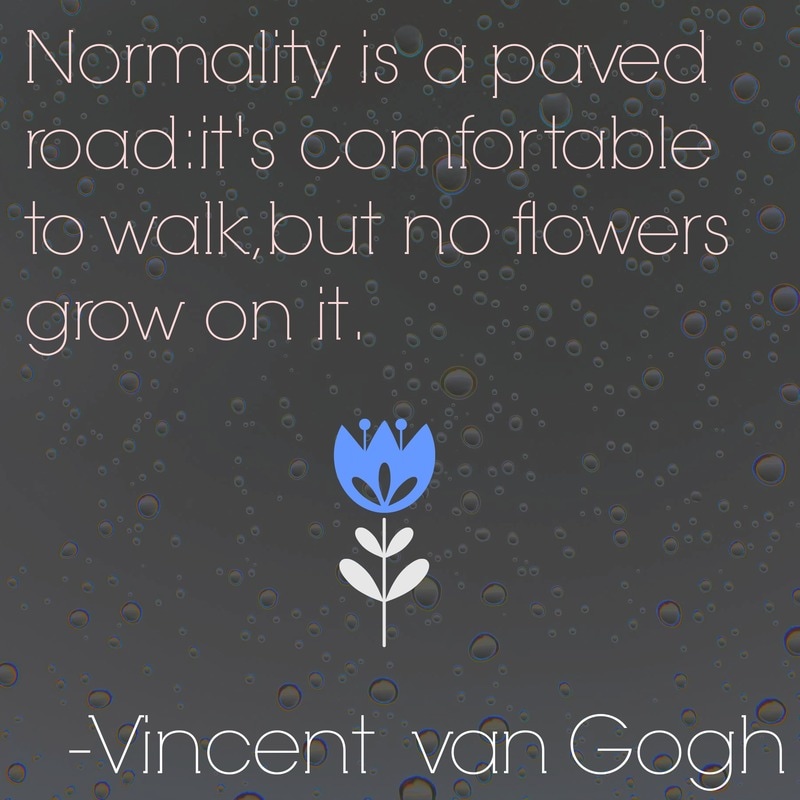
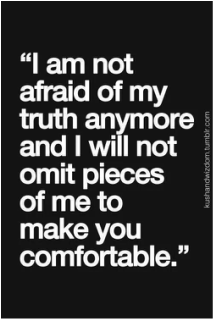
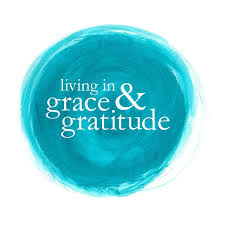
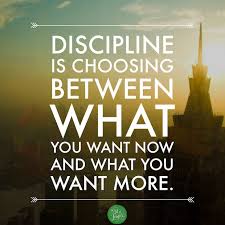
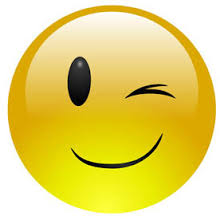
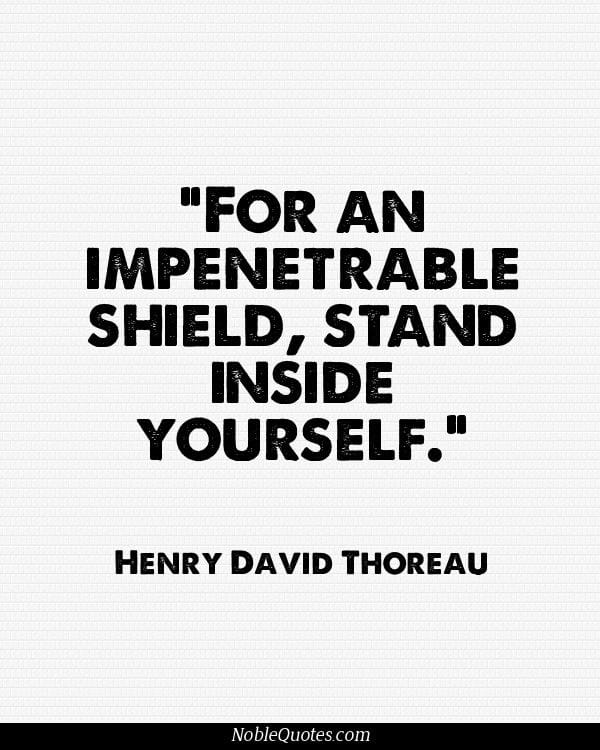
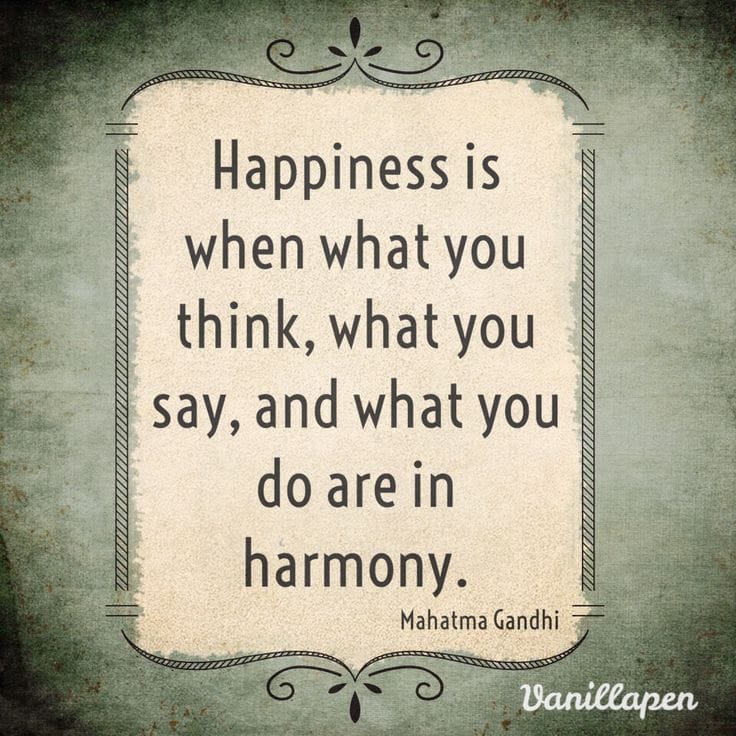
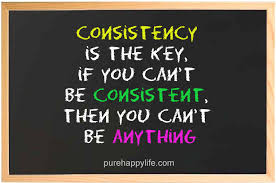
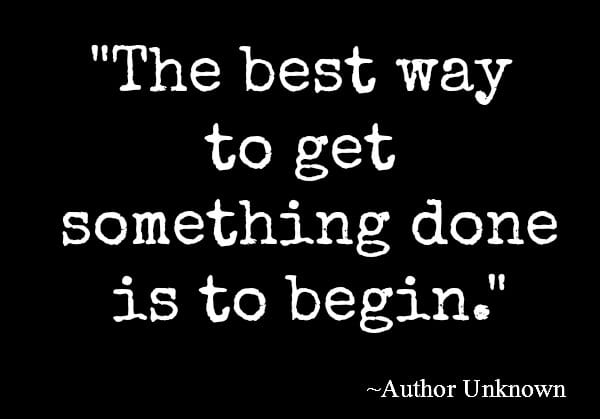
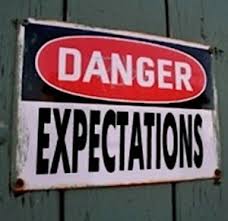
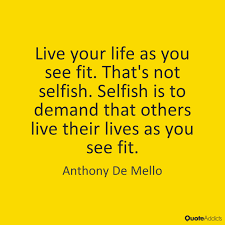
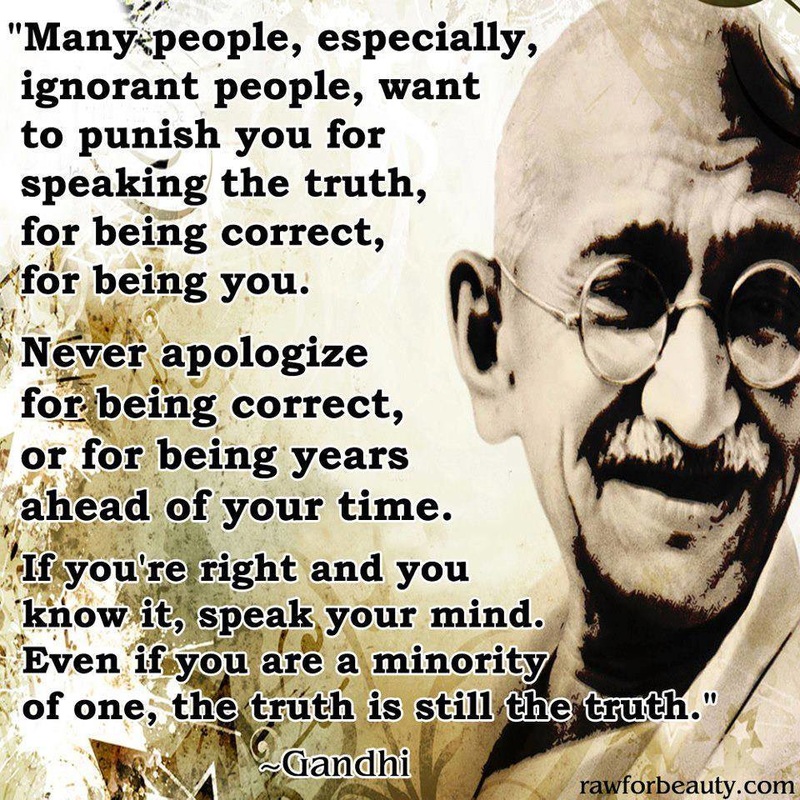
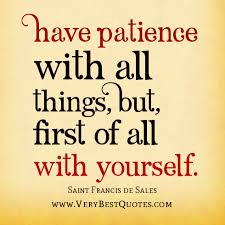
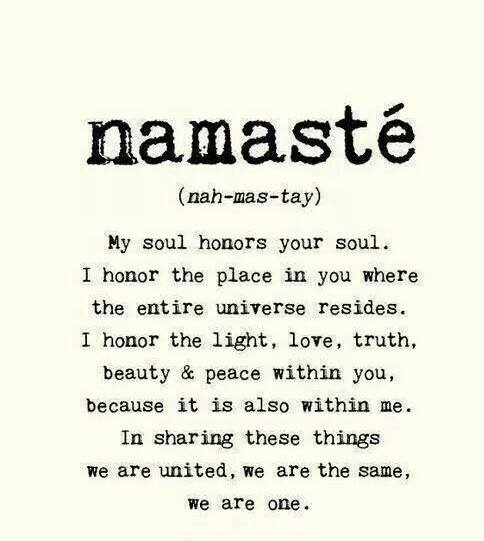

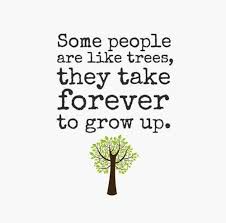

 RSS Feed
RSS Feed